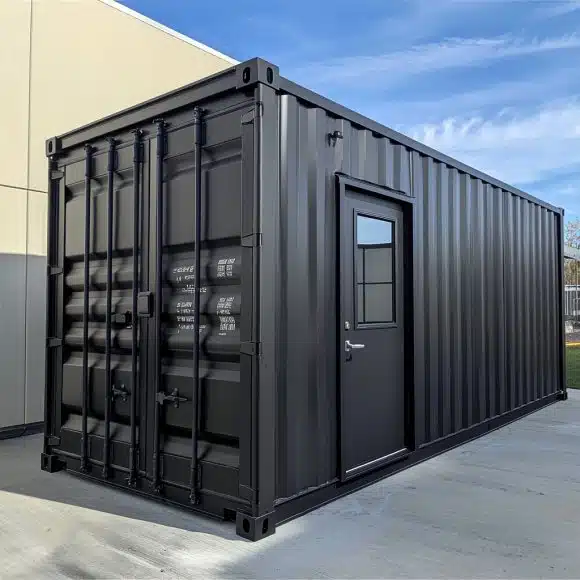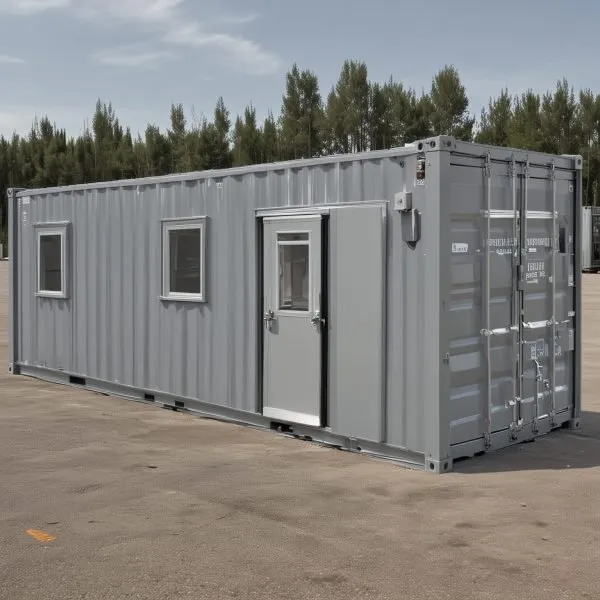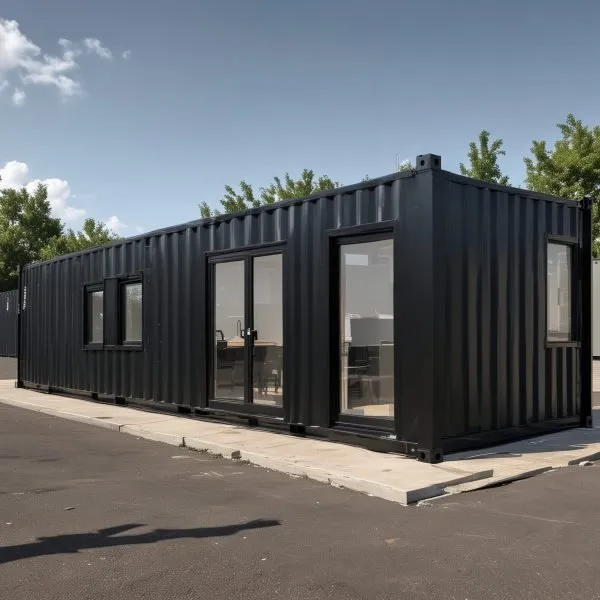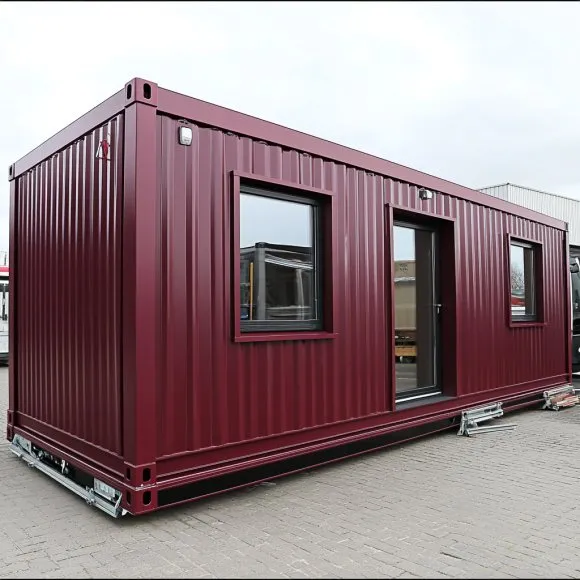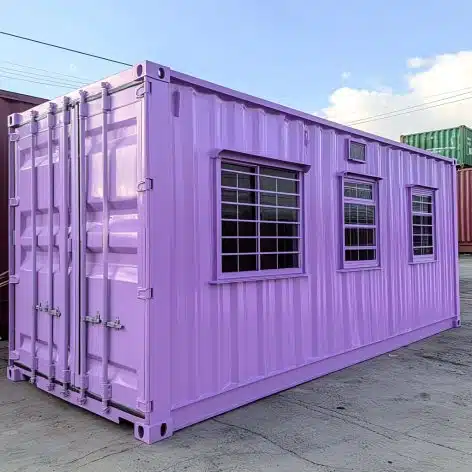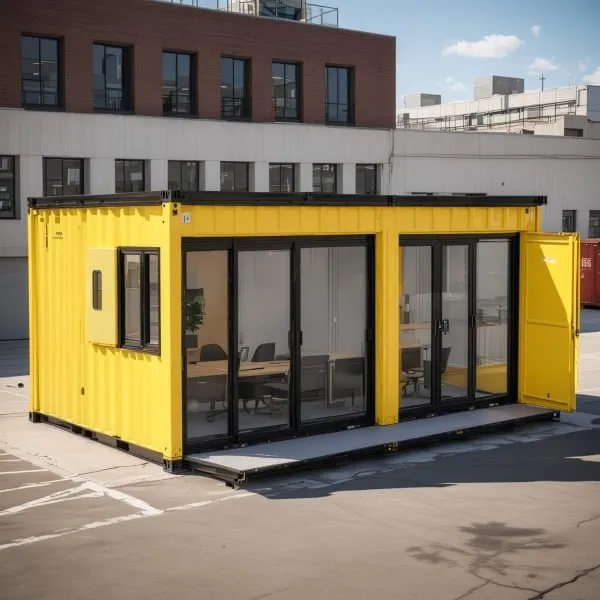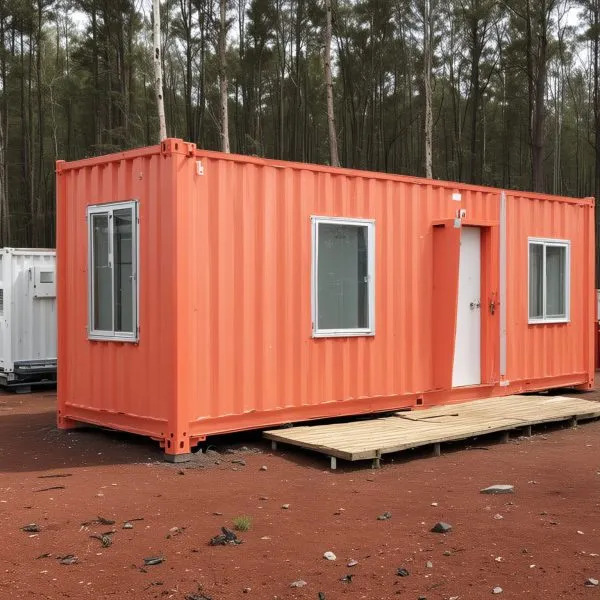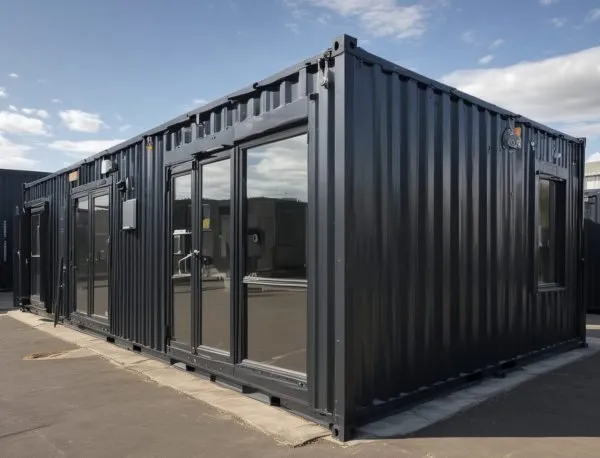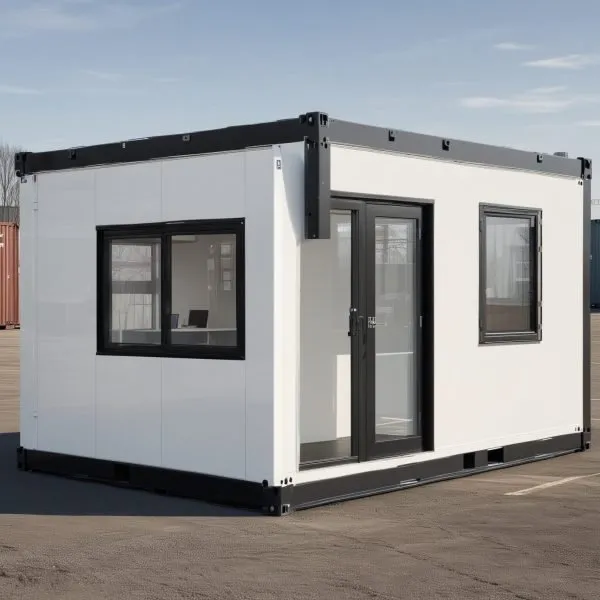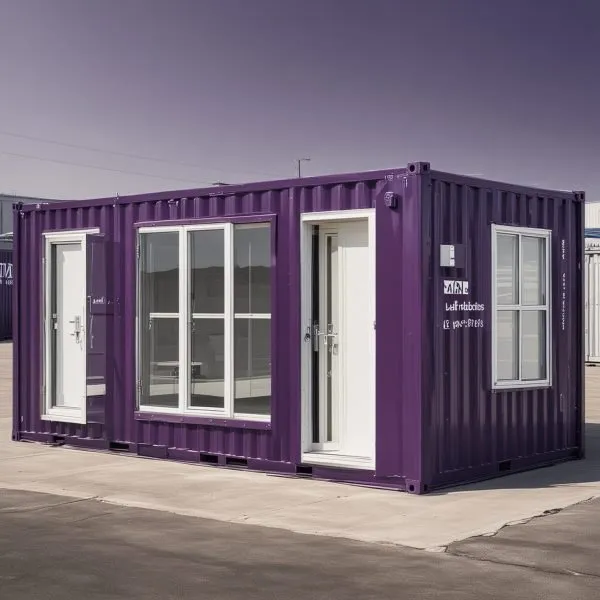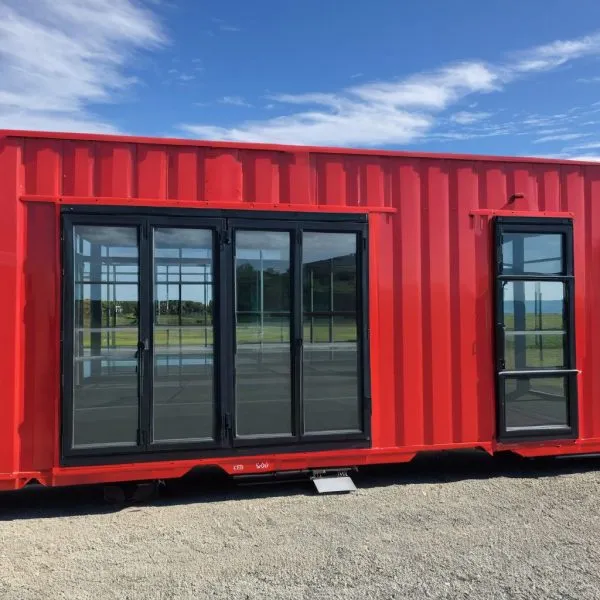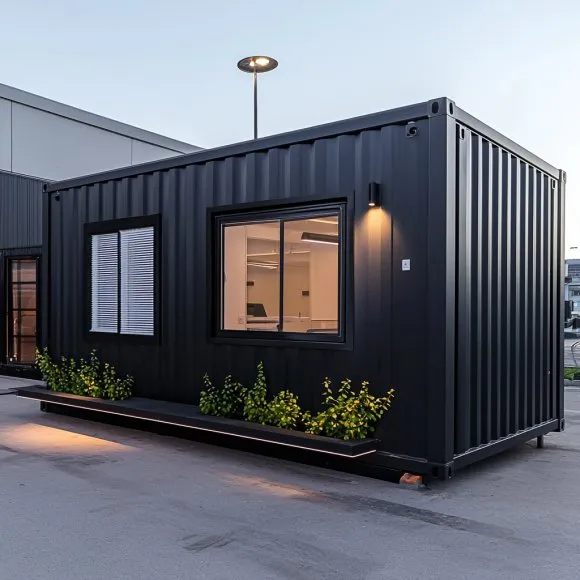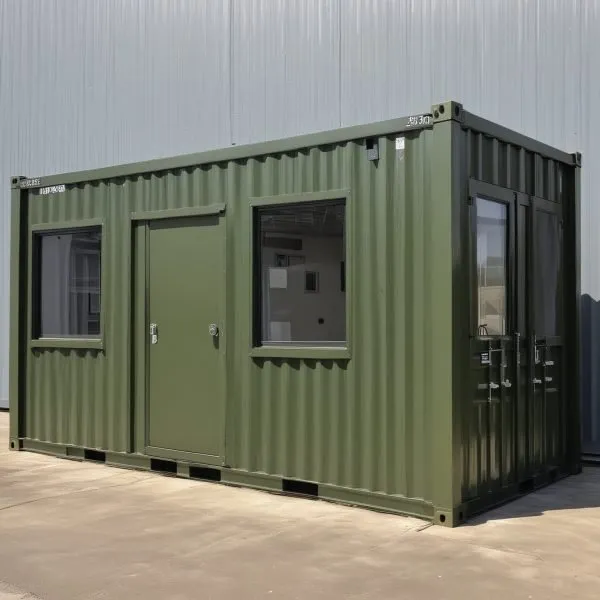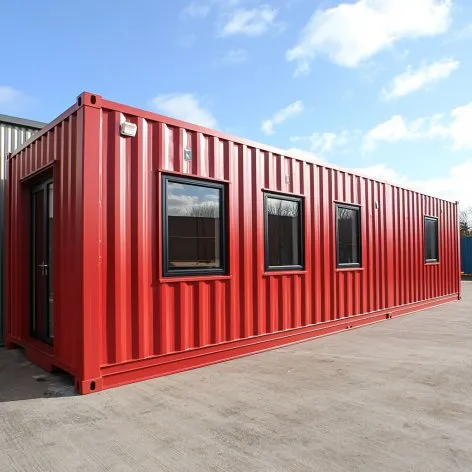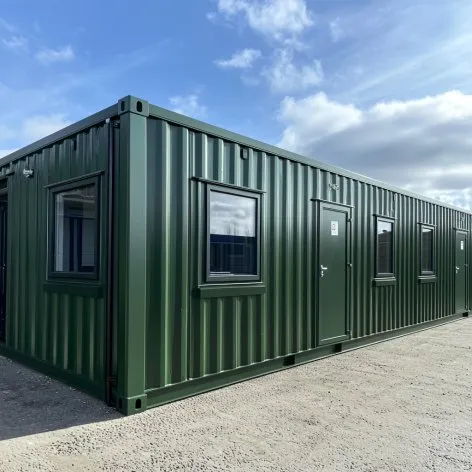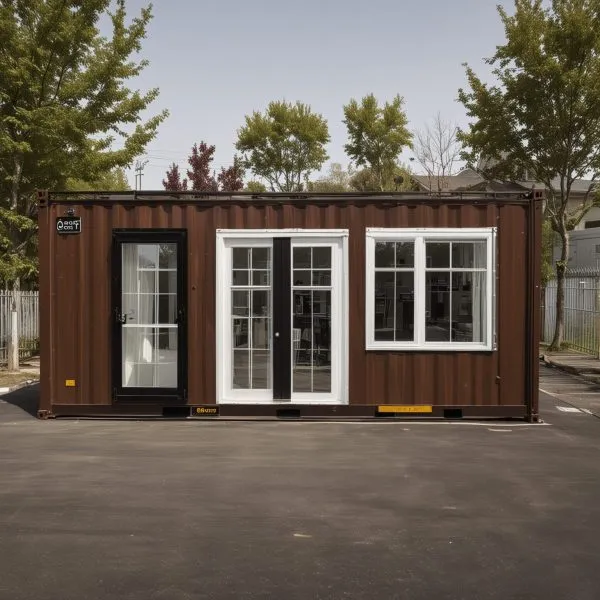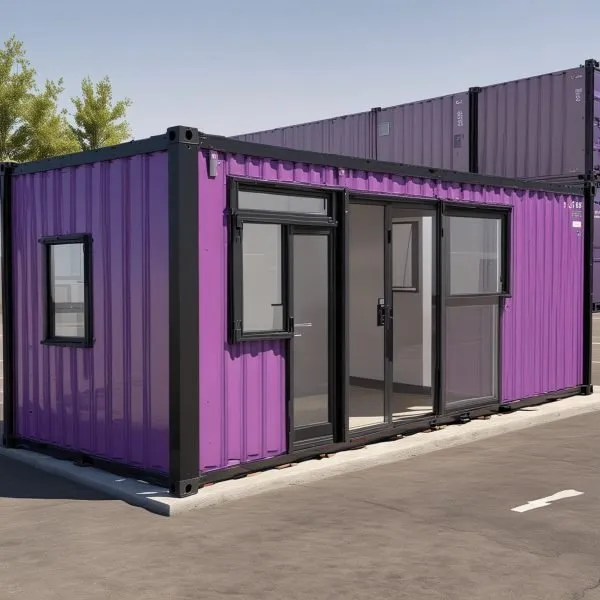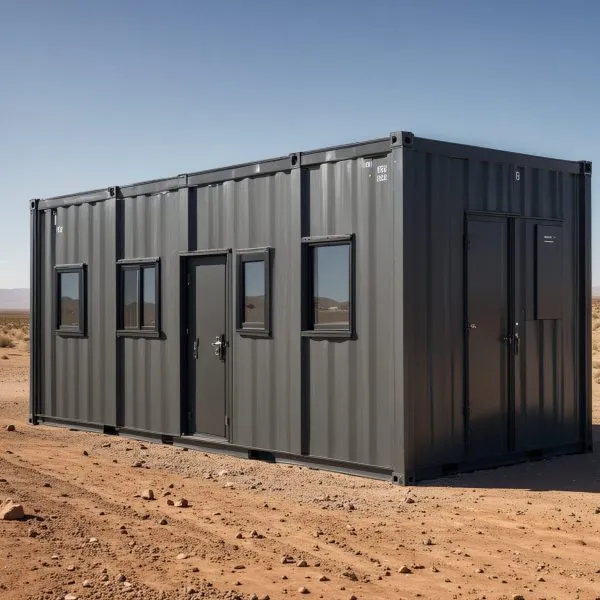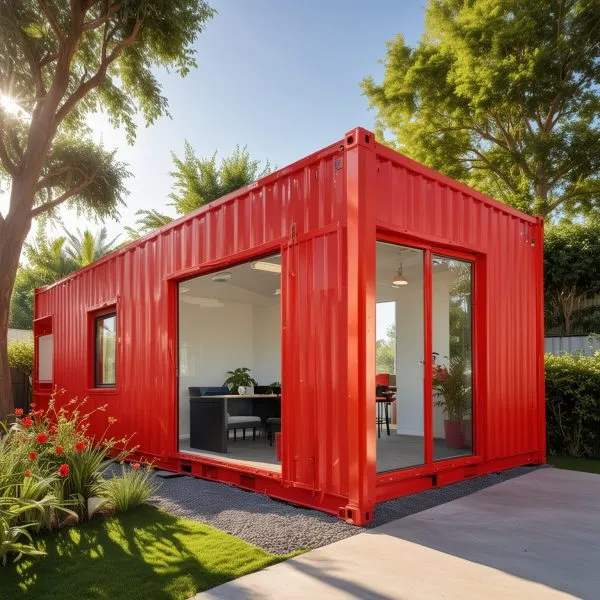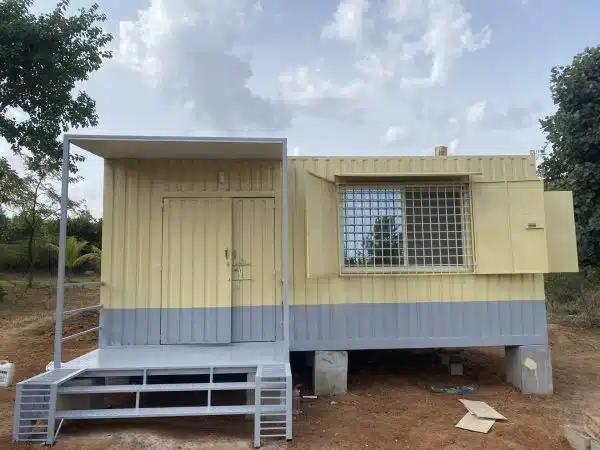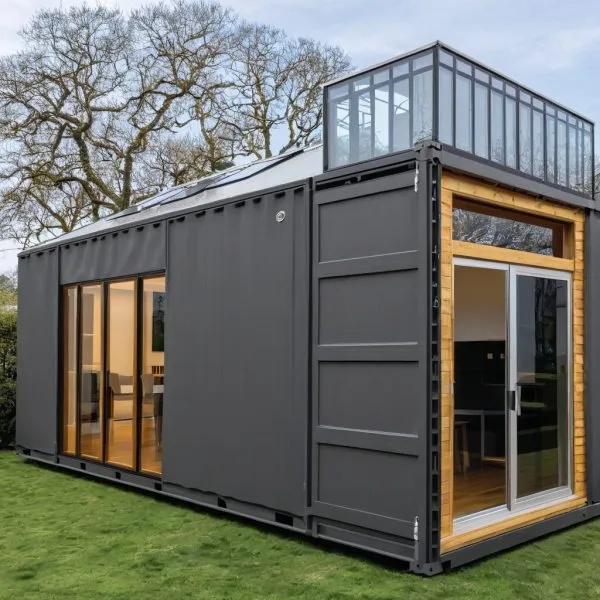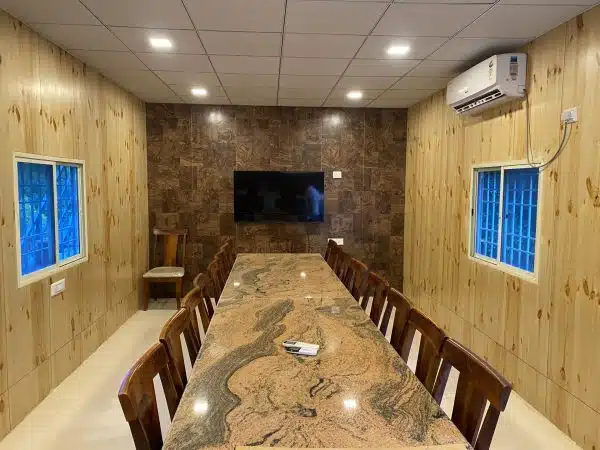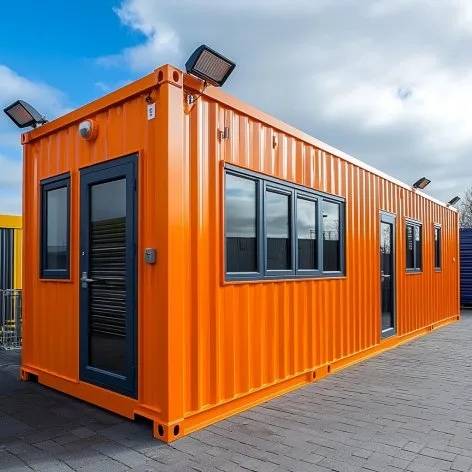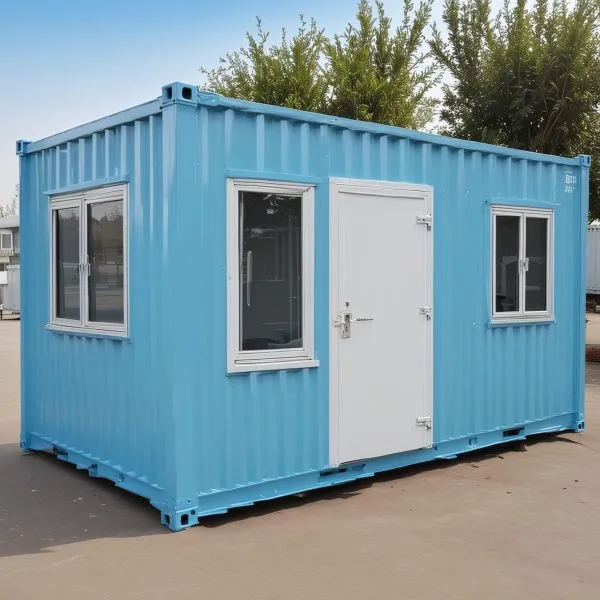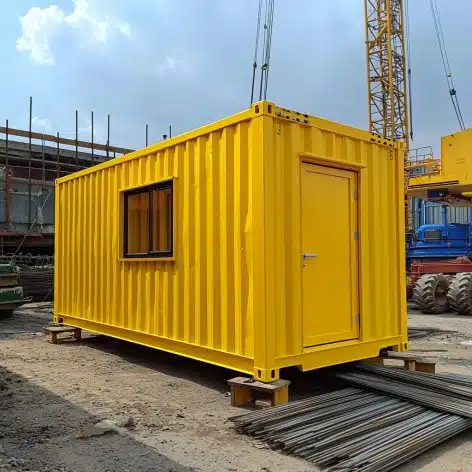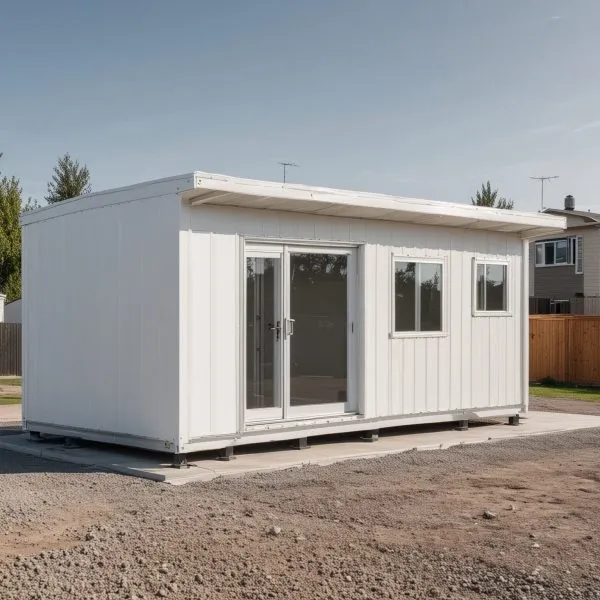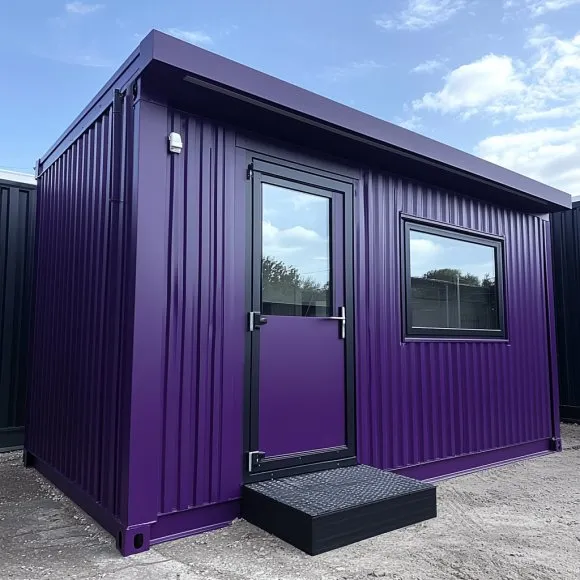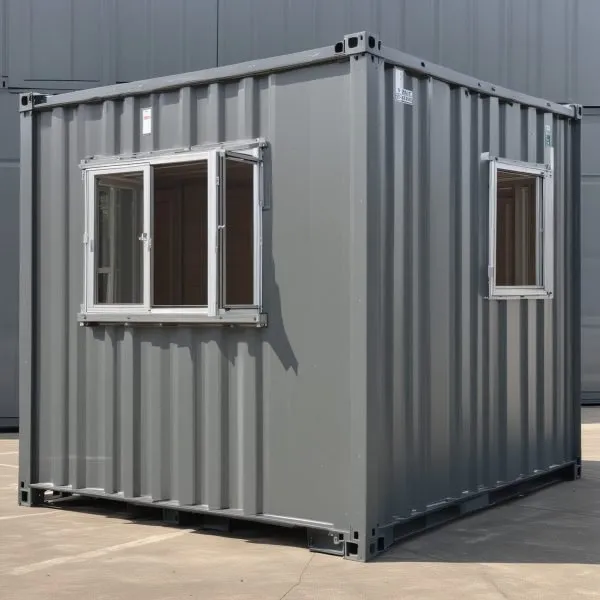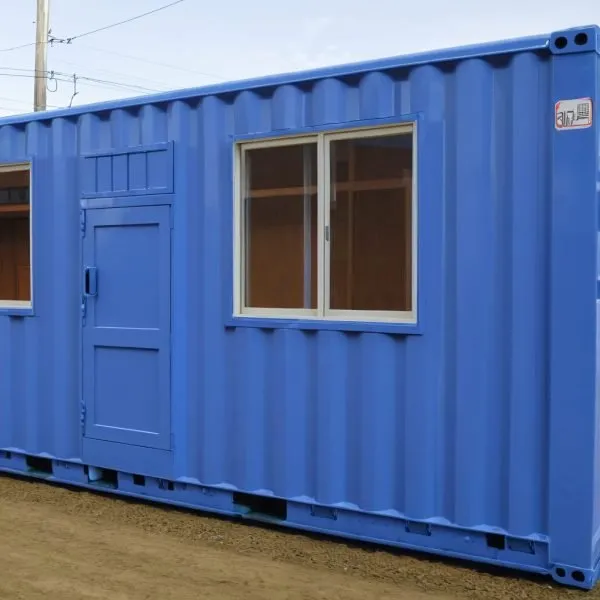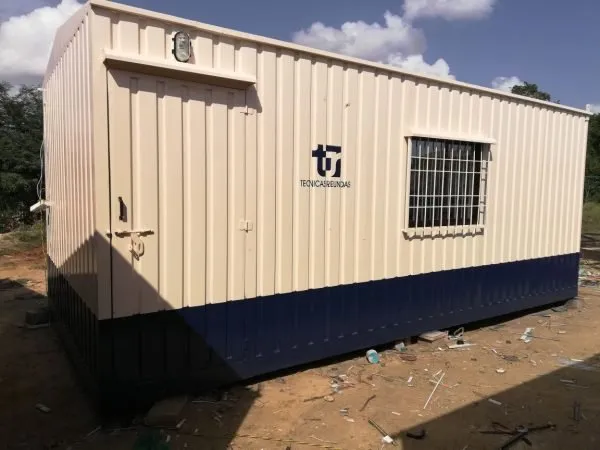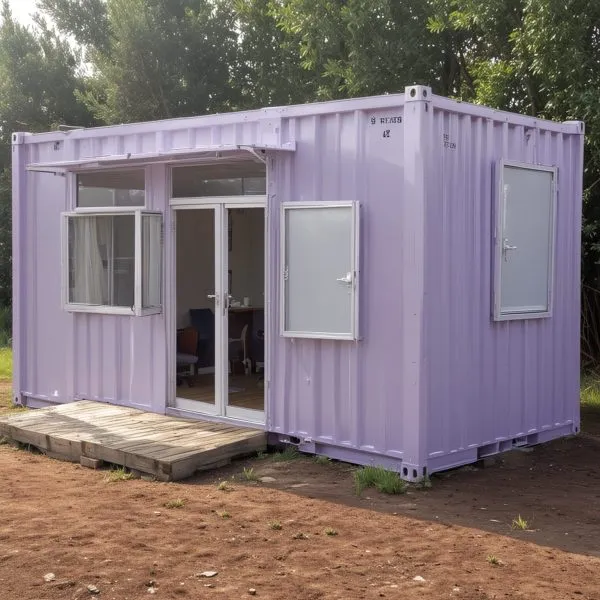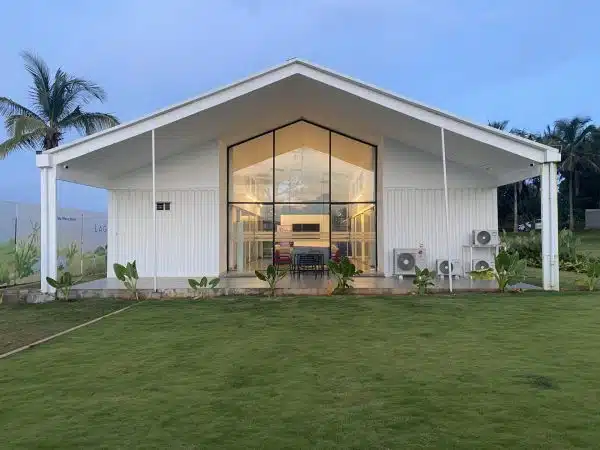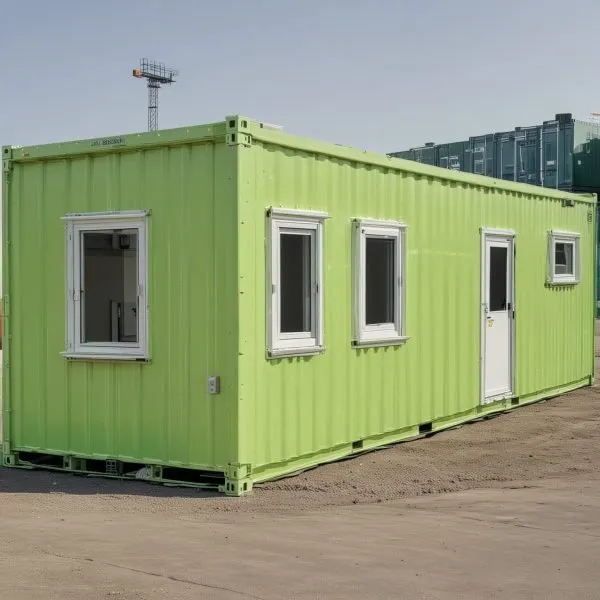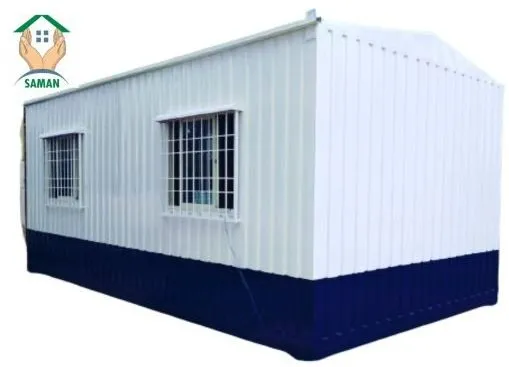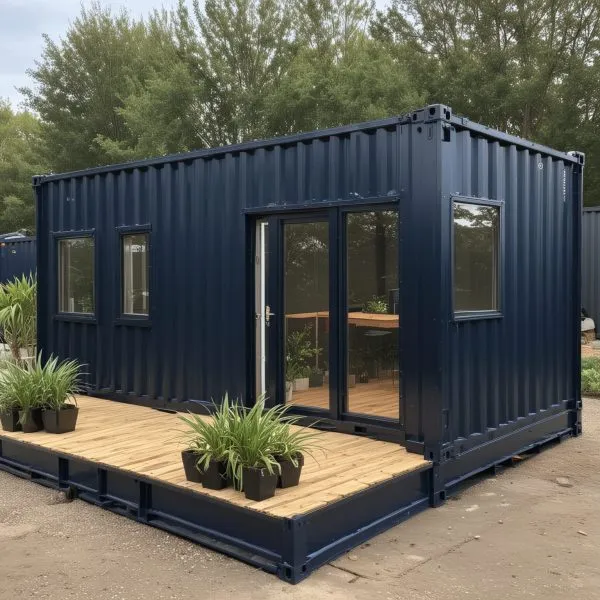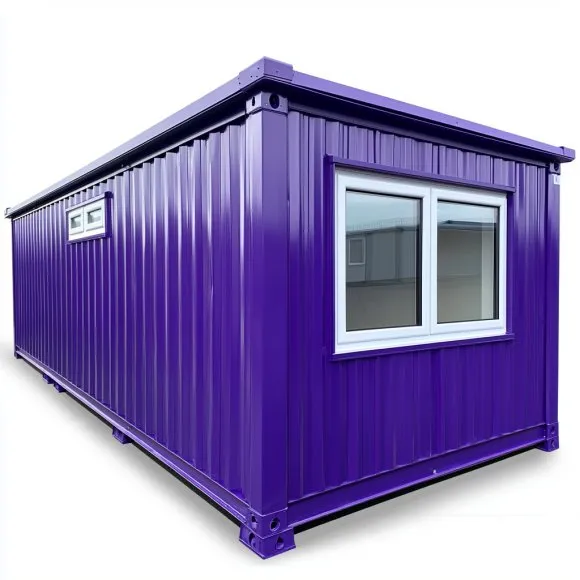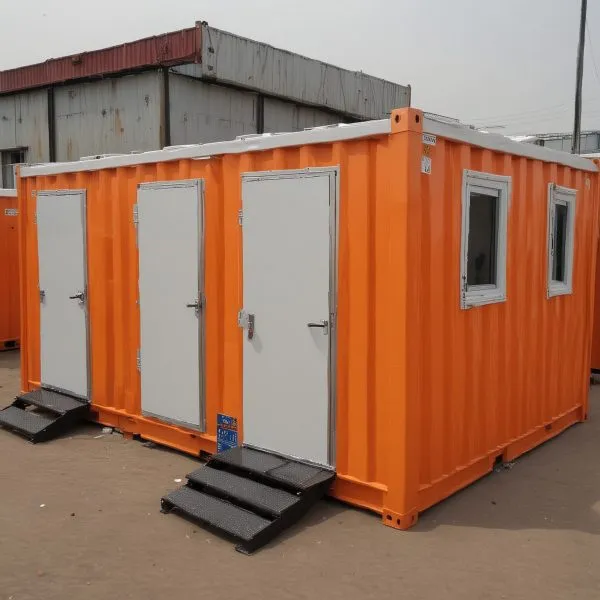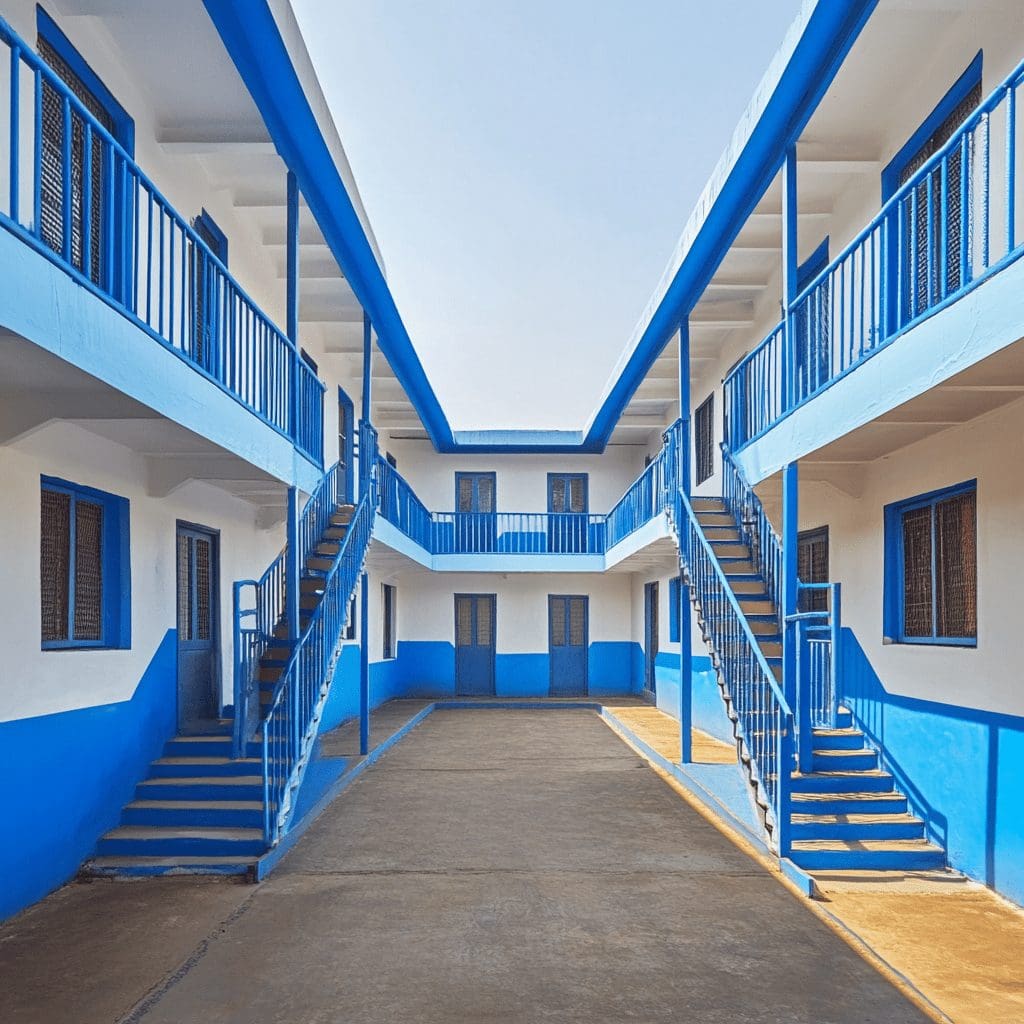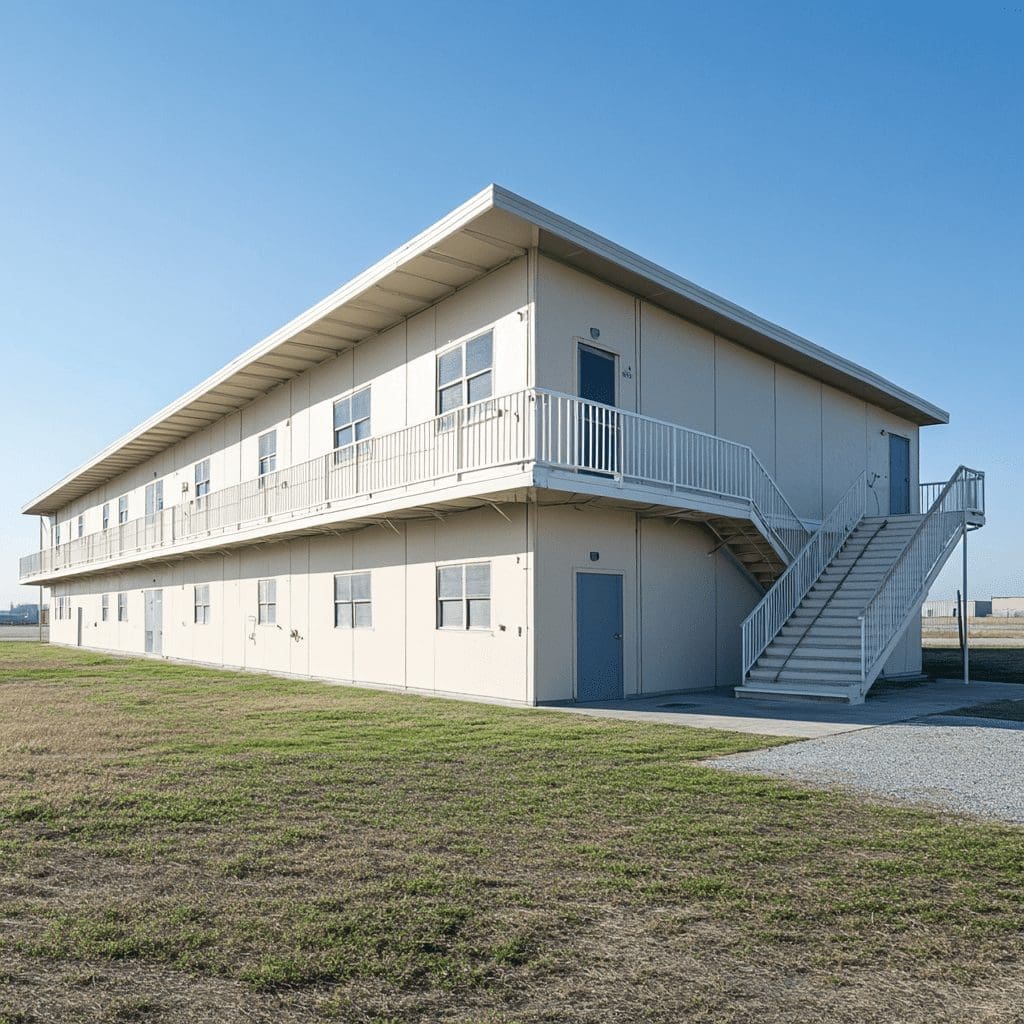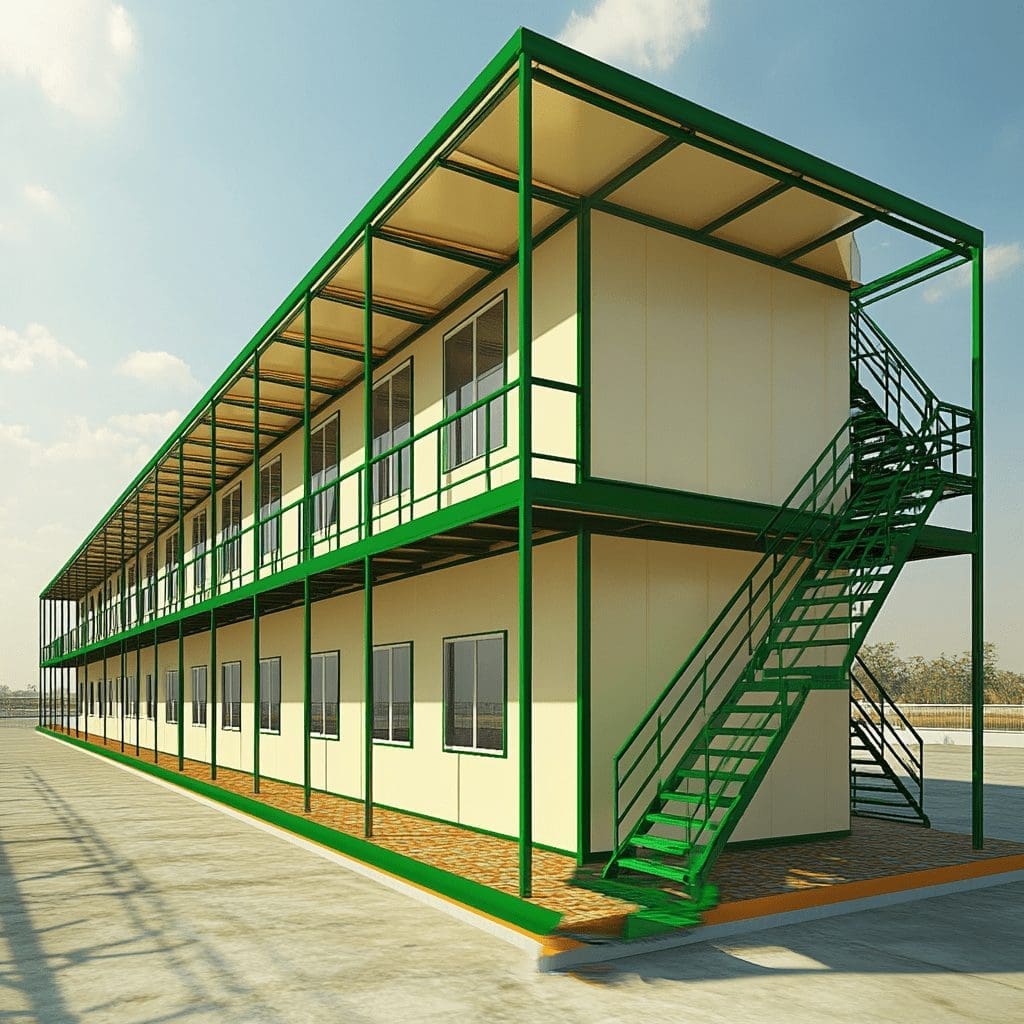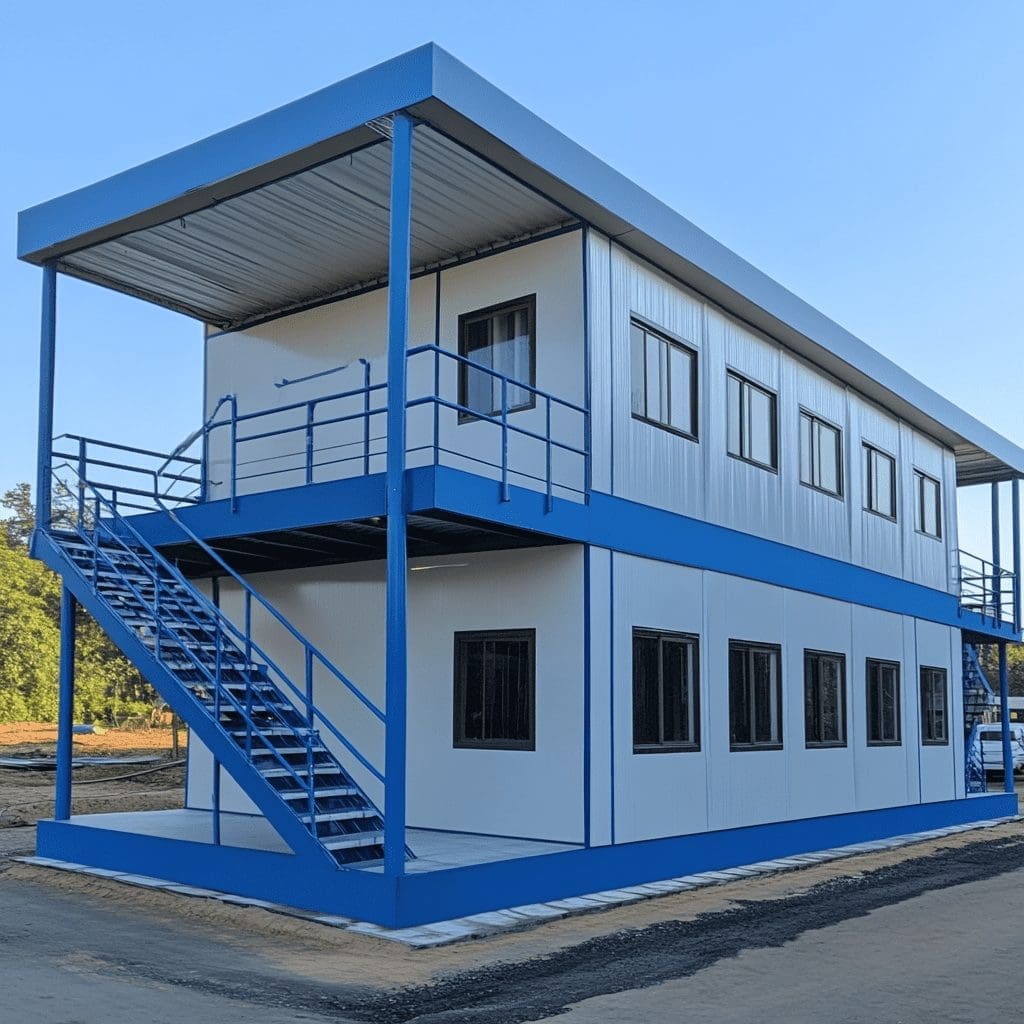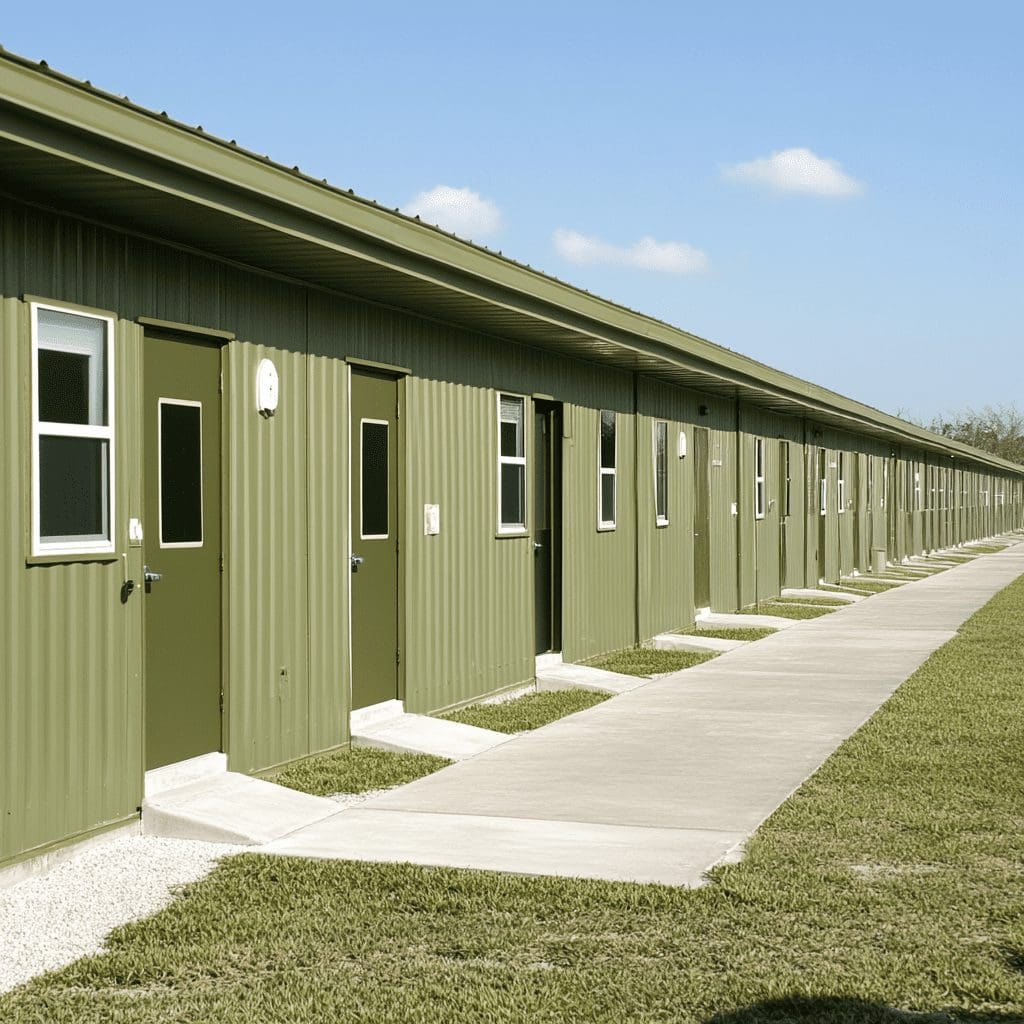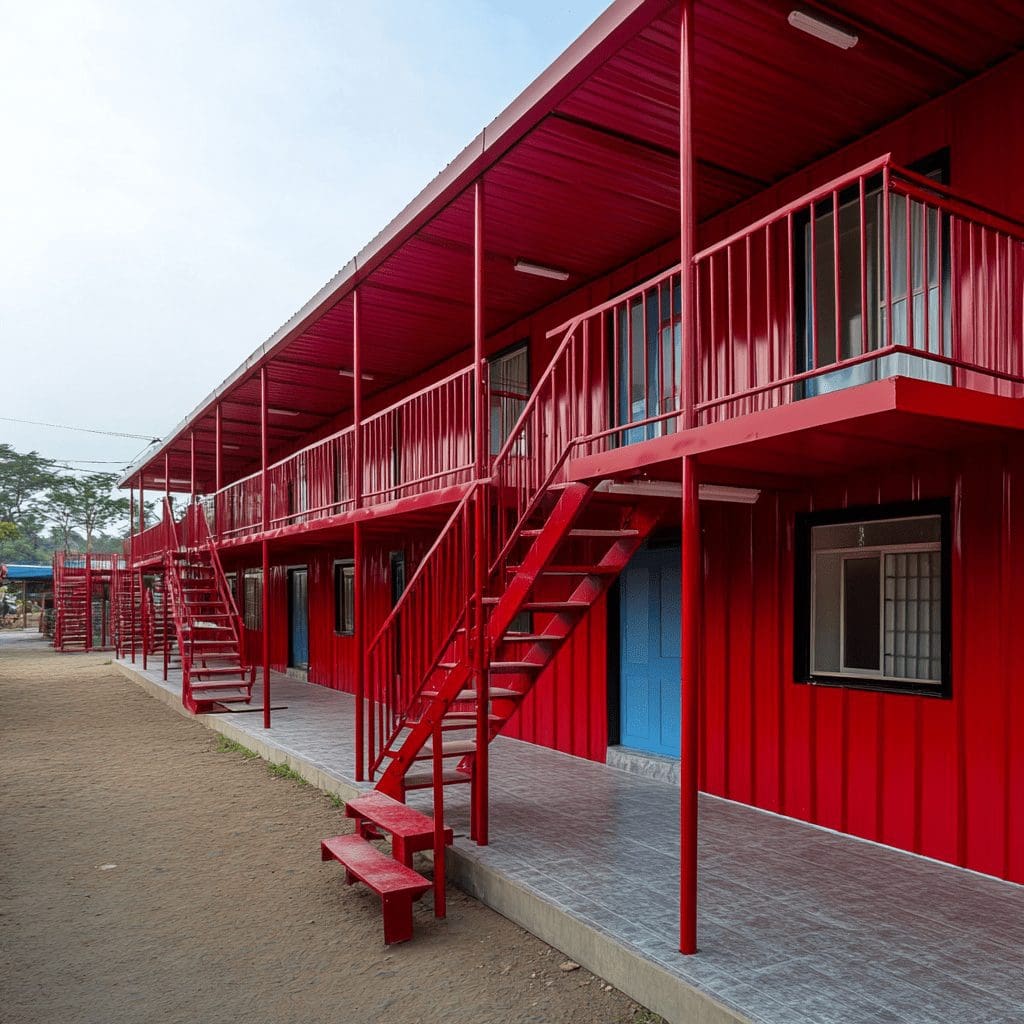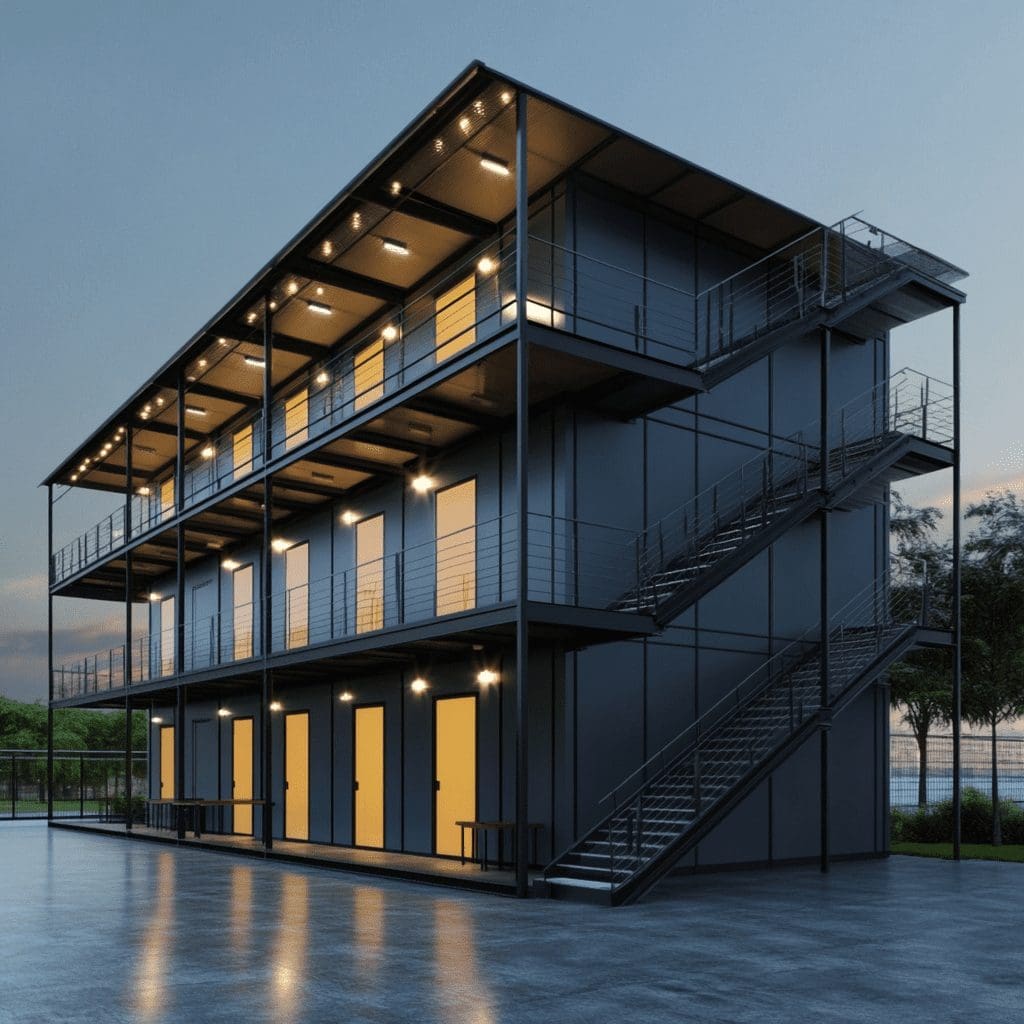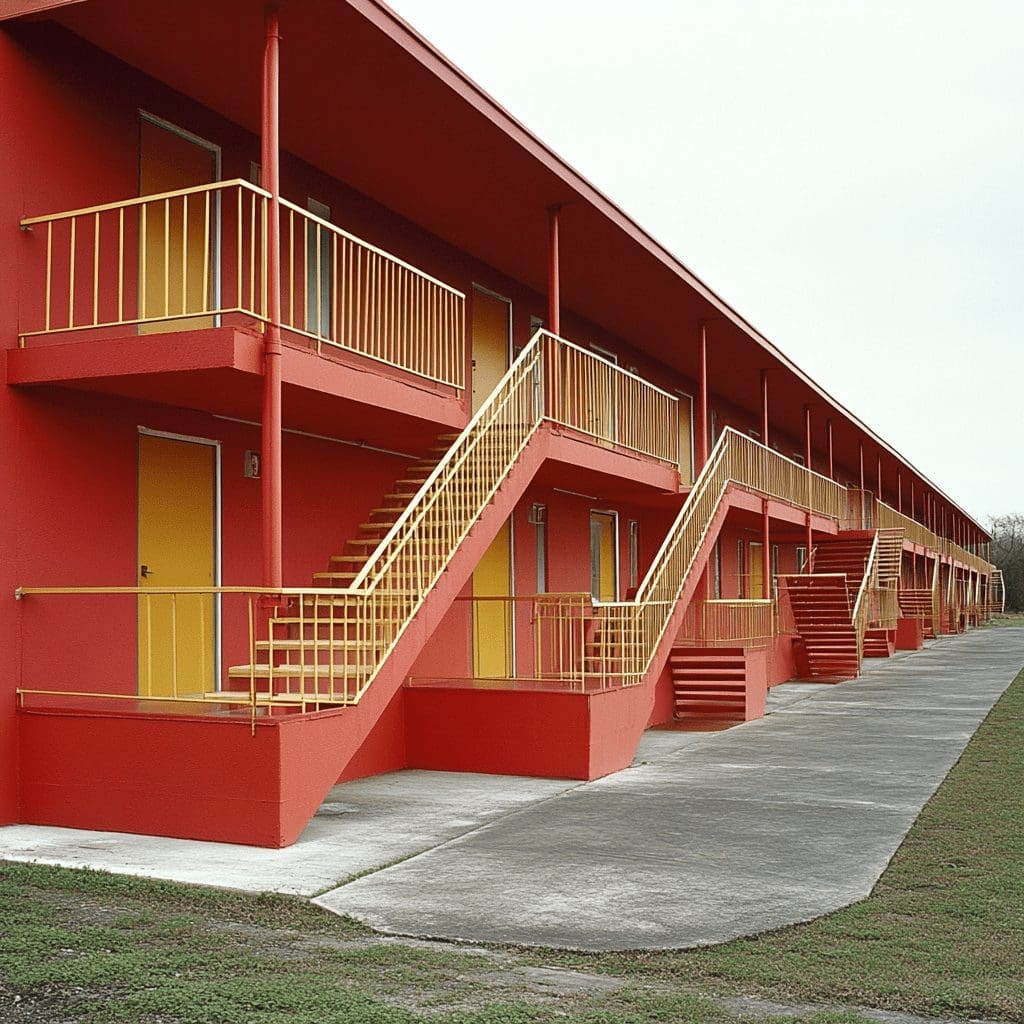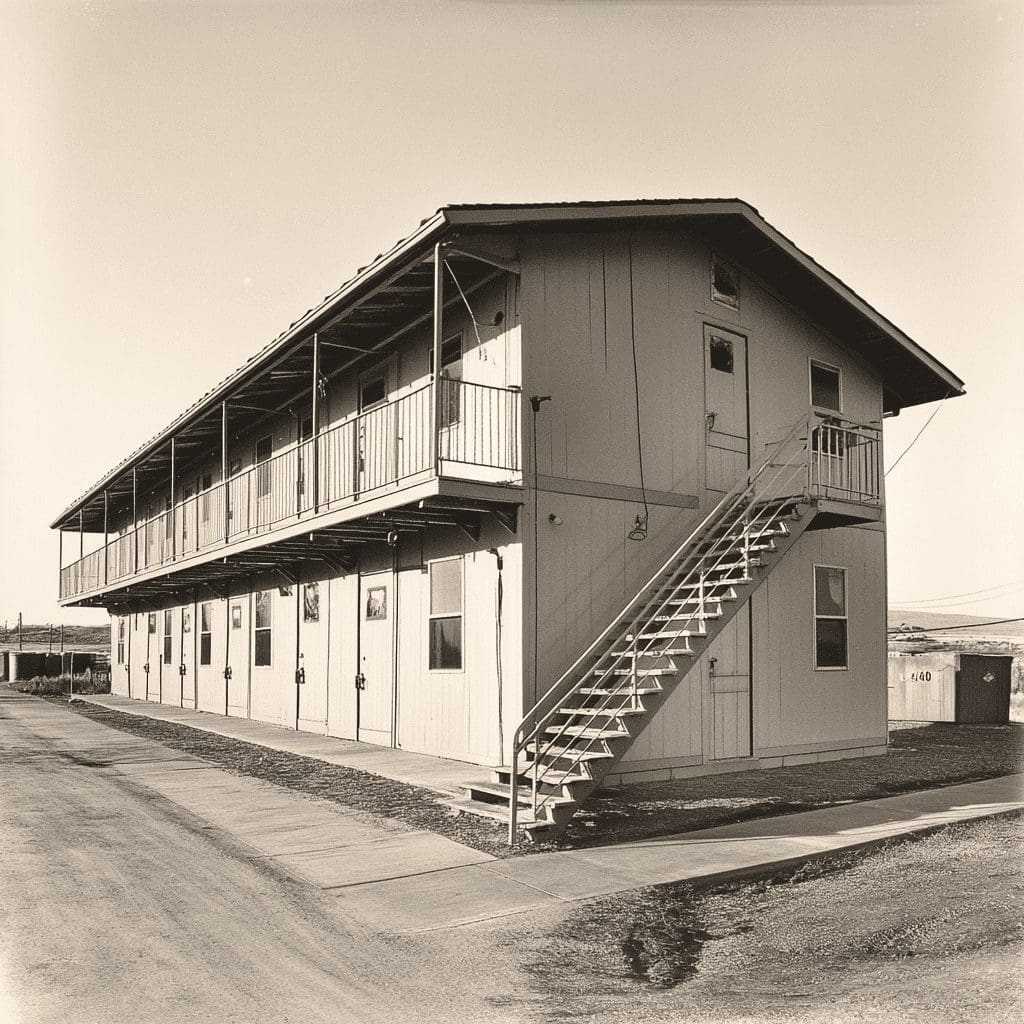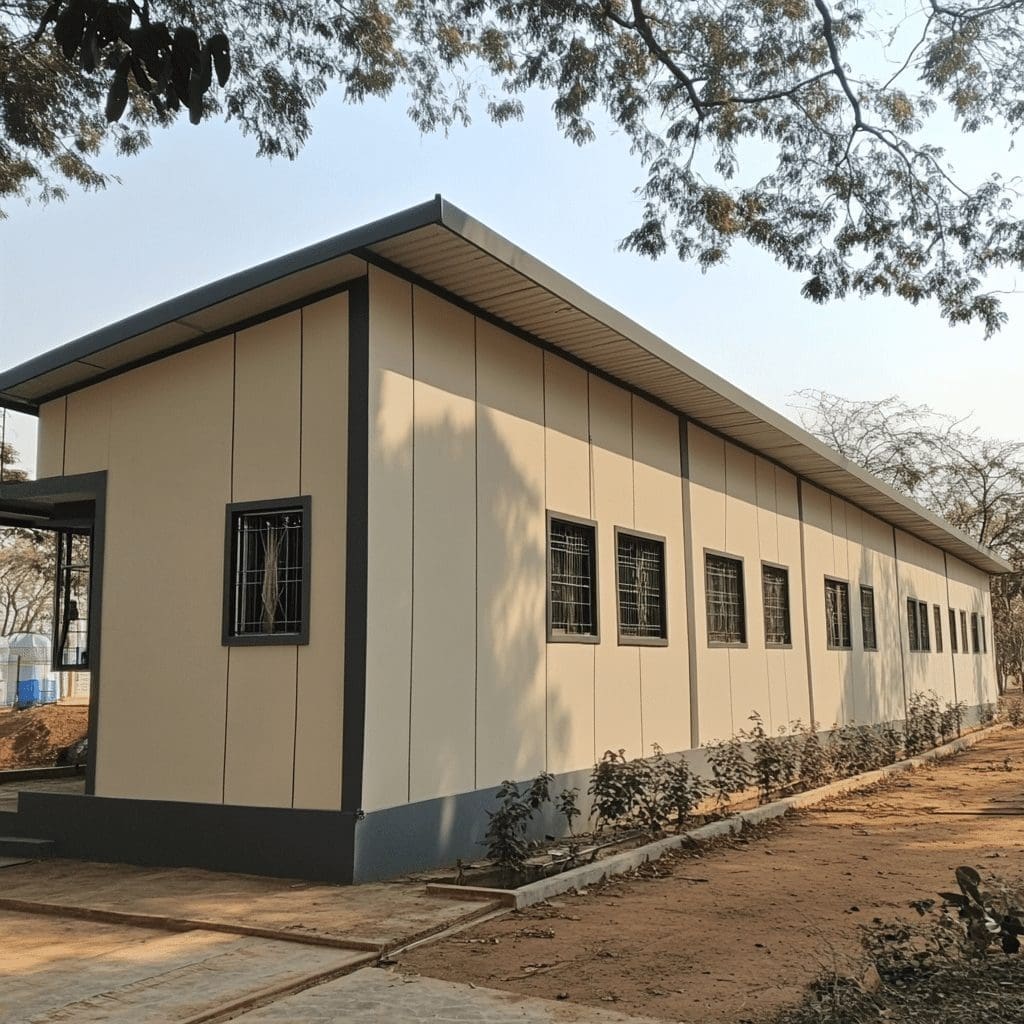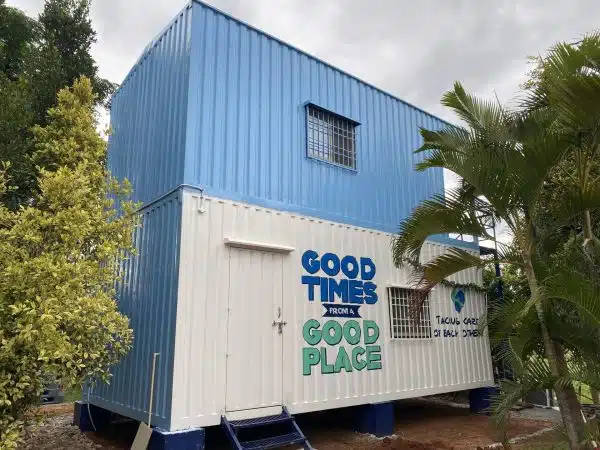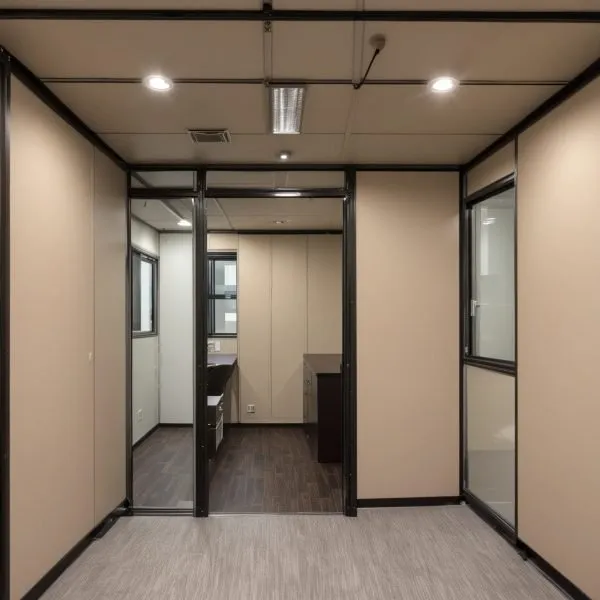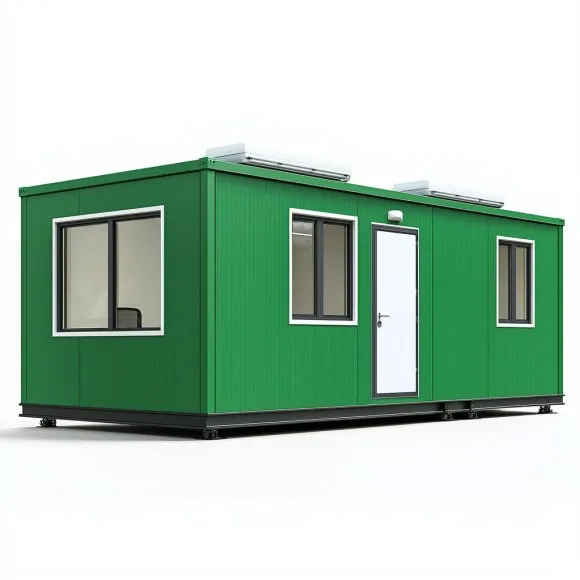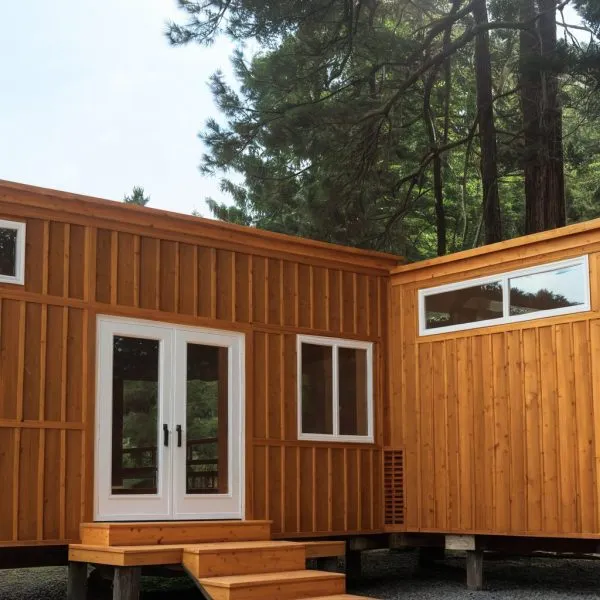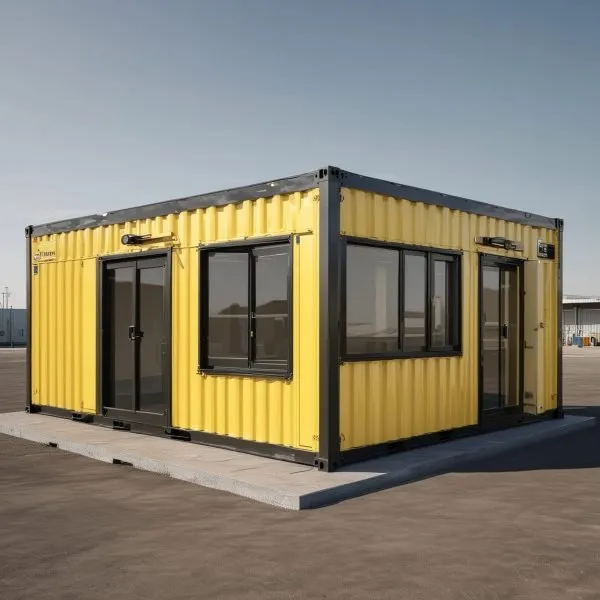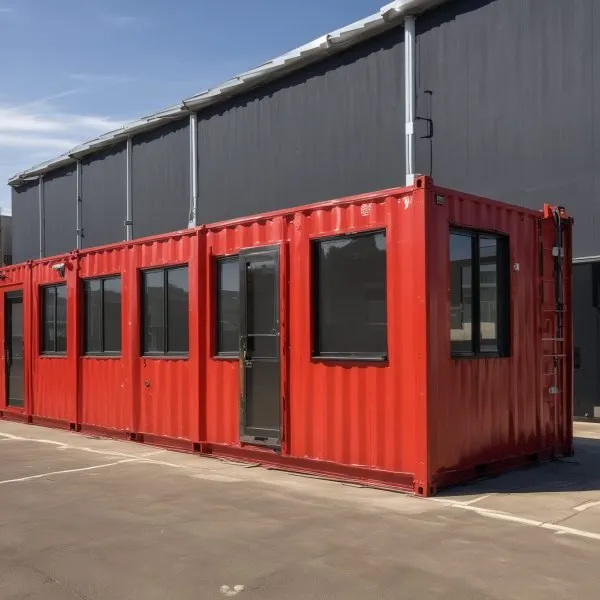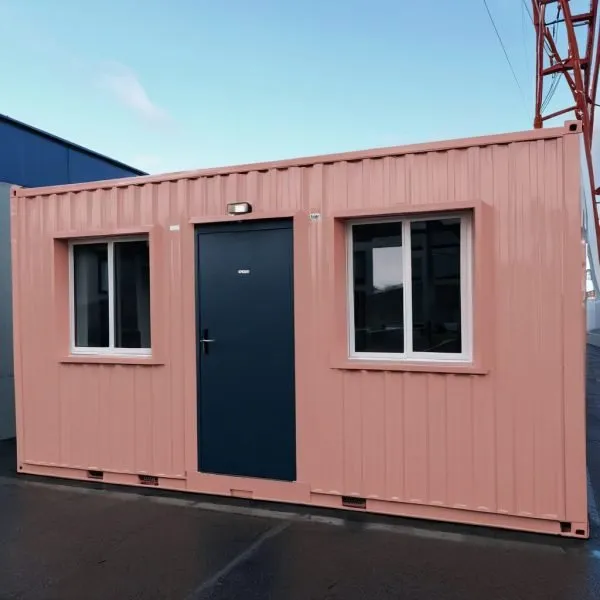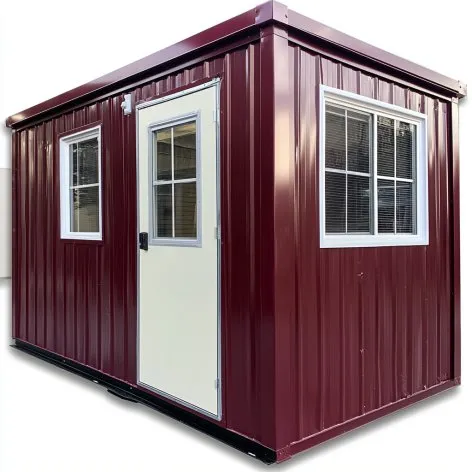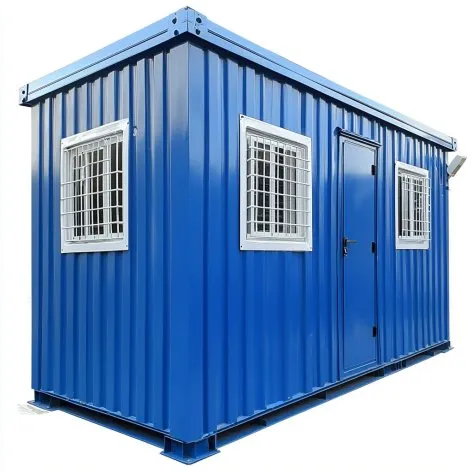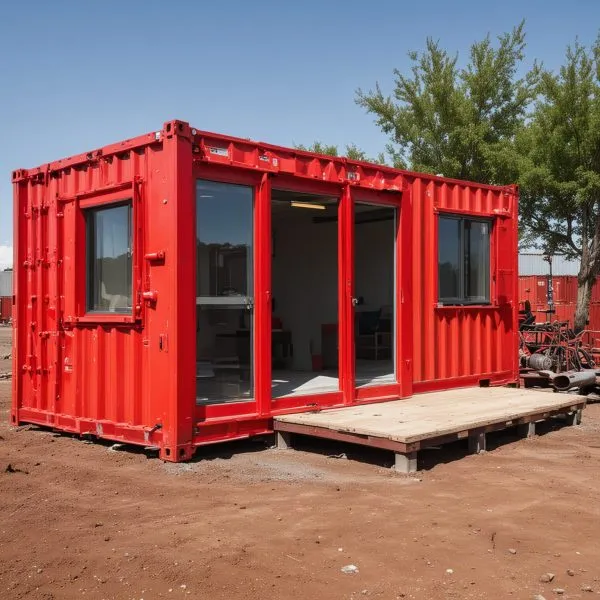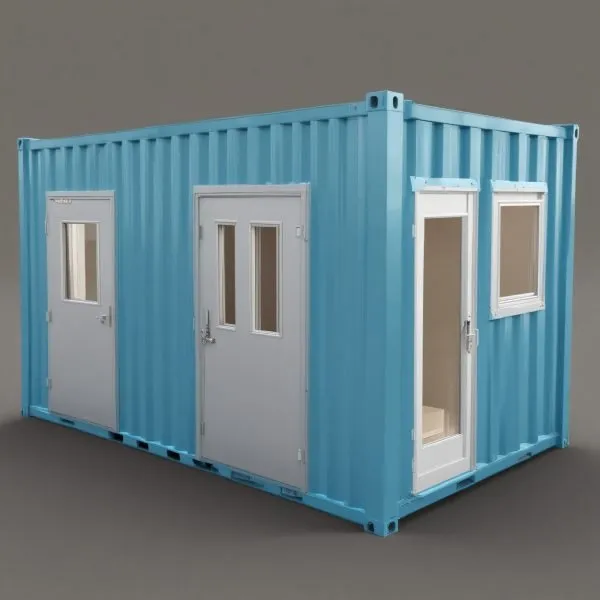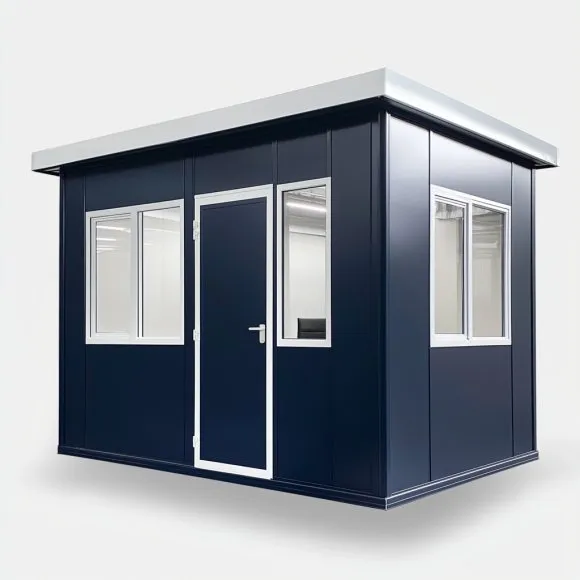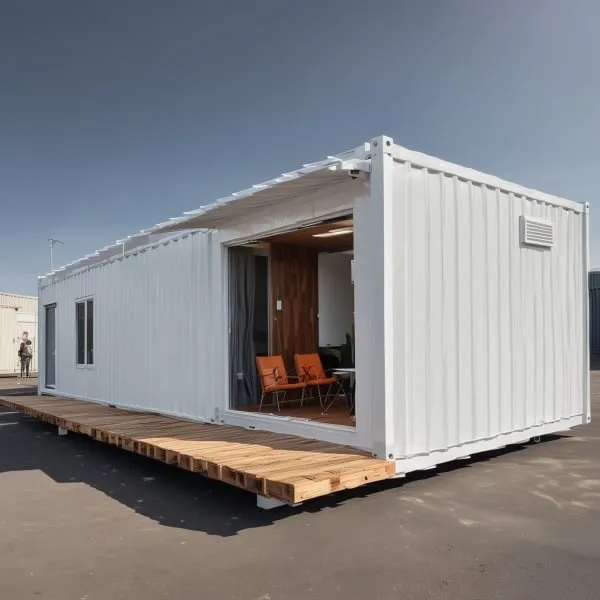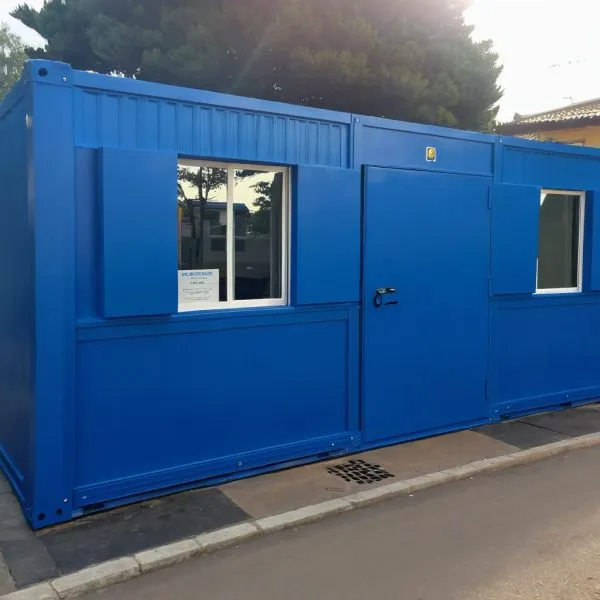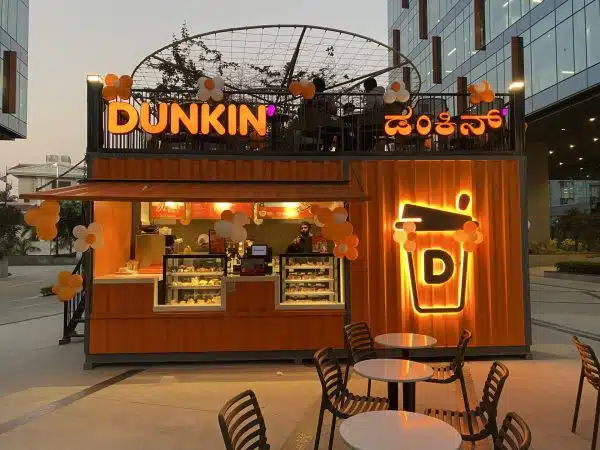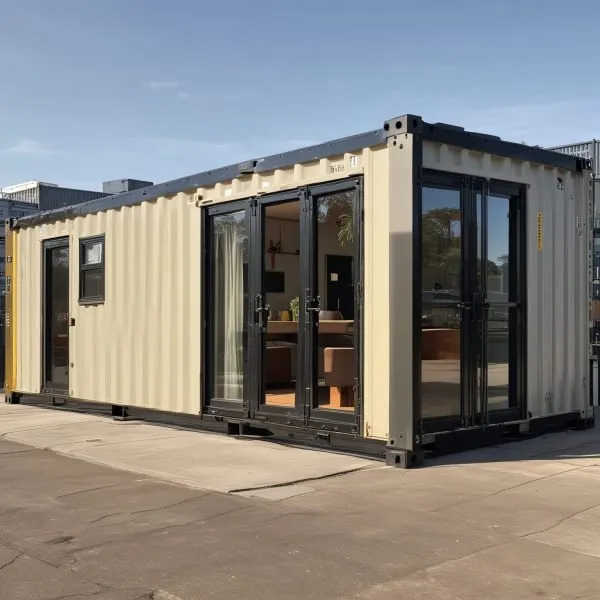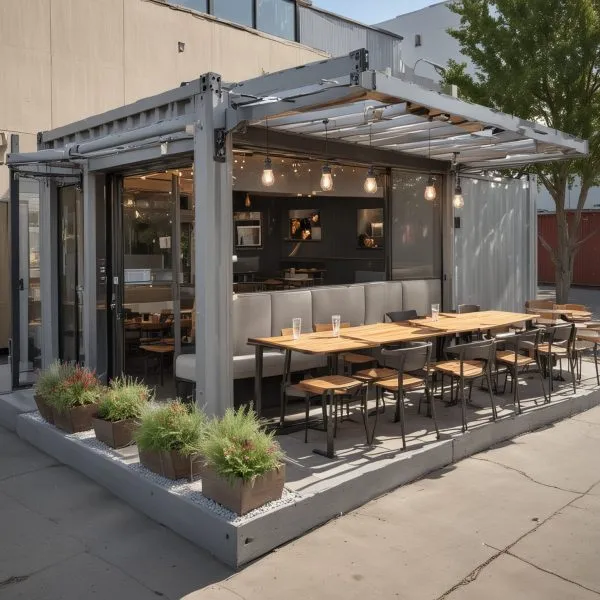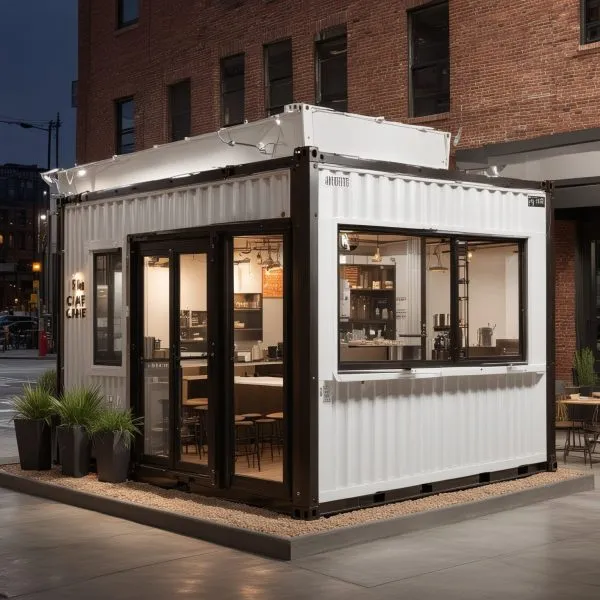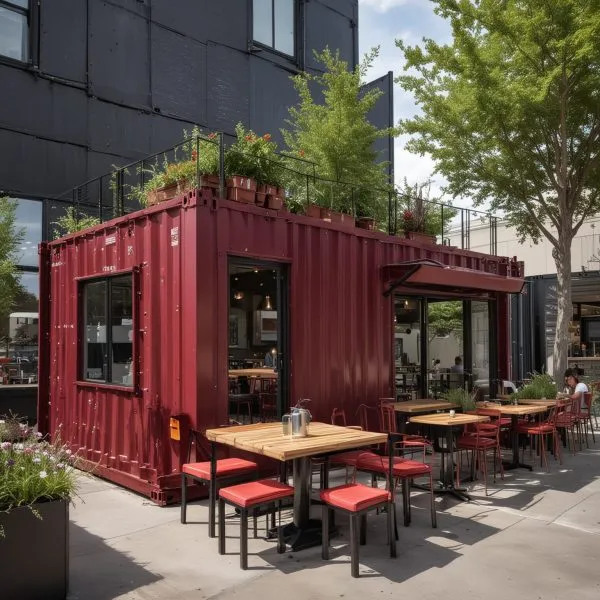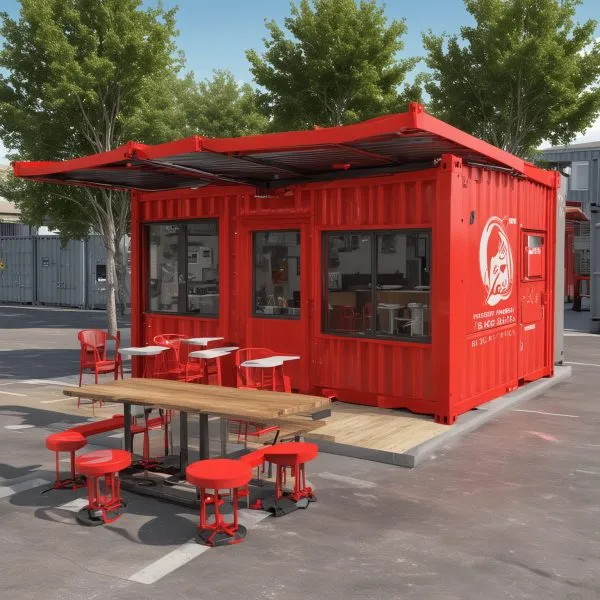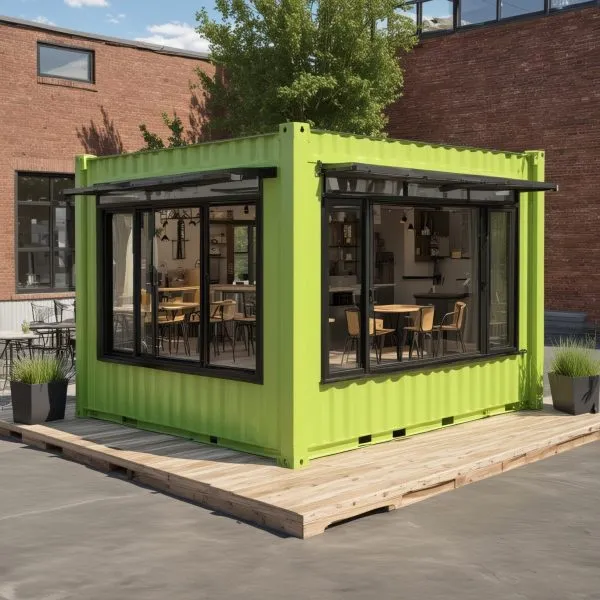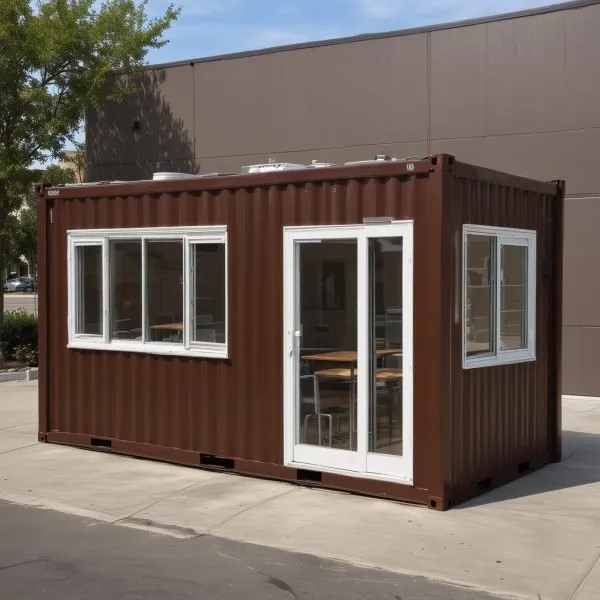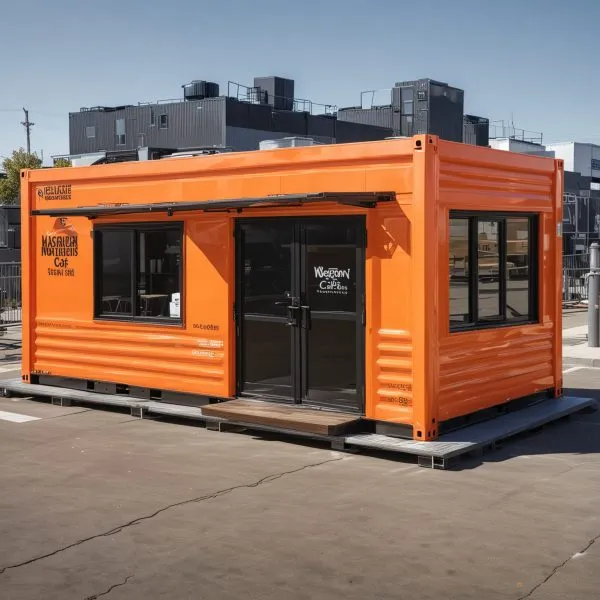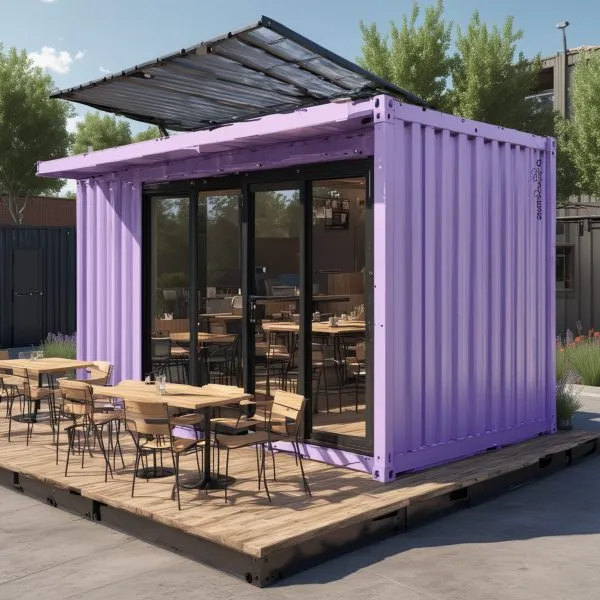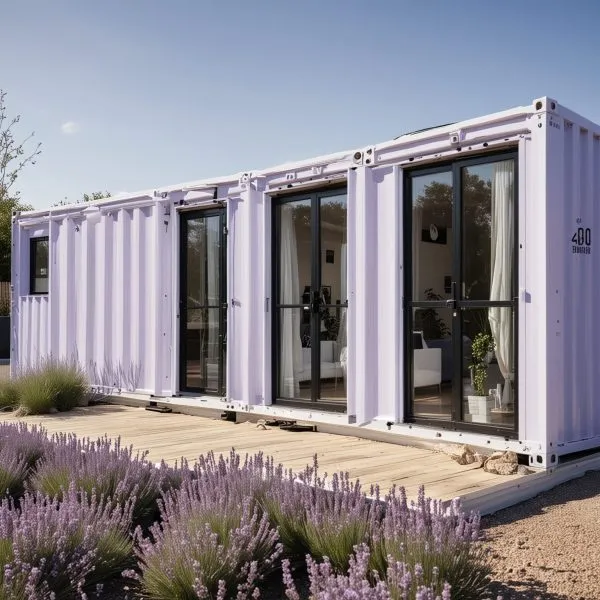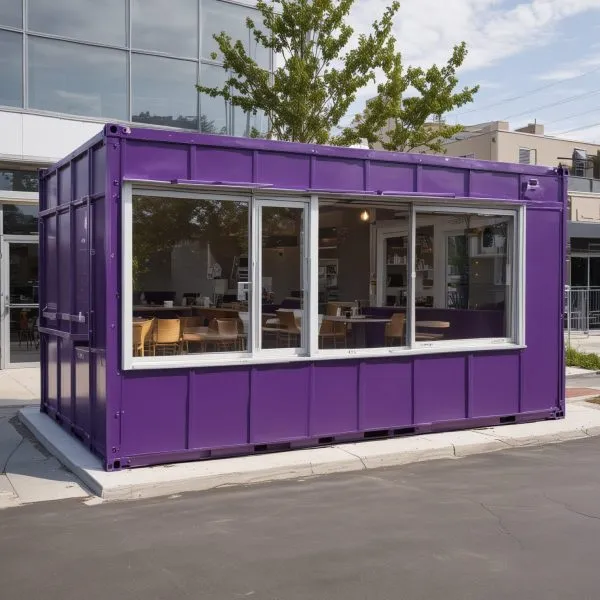Why Labor Camps in Bangalore Are Essential for Large-Scale Construction Projects

This article explores the critical role of labor camps in Bangalore in large-scale construction projects, highlighting their impact on workforce management, safety, productivity, and sustainability. It covers topics such as the importance of strategic location, the integration of technology, and the necessity of meeting legal and regulatory standards. The article also emphasizes the future trends in prefab labor hutments, including advancements in smart technology, a stronger focus on environmental sustainability, and enhanced worker well-being. Overall, a labor colony is presented as essential components for the success of construction projects, offering numerous benefits that contribute to efficiency, safety, and worker satisfaction.
Labor camps in Bangalore are crucial for supporting large-scale construction projects across the city. These camps provide temporary housing solutions for workers, strategically located near construction sites. By offering convenient accommodations, labor camps reduce the time and energy workers spend commuting, allowing them to stay focused and productive. The proximity of these camps to work sites is key in boosting efficiency, ensuring workers can access their workstations quickly. Moreover, labor camps in Bangalore often include essential facilities such as dining areas, restrooms, and recreational spaces, which contribute to creating a comfortable environment that enhances worker morale. Overall, these camps are vital in managing large workforces effectively and efficiently within the city.
The evolution of labor camps in Bangalore has significantly improved the quality of life for workers. Historically, these camps were basic and lacked necessary amenities. However, modern labor camps are designed with the workers’ needs in mind, providing safe, clean, and well-maintained living spaces. Built using materials capable of withstanding Bangalore’s weather variations, these camps ensure comfort for workers, regardless of environmental conditions. Additionally, many of these camps now include medical facilities and security measures, prioritizing the health and safety of occupants. This transformation has made labor accommodations a crucial element in enhancing worker well-being and ensuring the success of construction projects in Bangalore.
Labor camps in Bangalore also contribute significantly to the overall success of construction projects. By providing workers with convenient and comfortable housing close to the job site, companies can minimize delays and disruptions. When workers are accommodated near their work locations, punctuality and attendance improve, which keeps projects on schedule. Additionally, these camps foster a sense of community among workers, promoting better teamwork and collaboration on the job site. This sense of camaraderie enhances productivity, making labor camps not just a convenience but a necessity for executing large-scale construction projects efficiently in Bangalore.
For those looking for flexible working spaces, consider exploring prefabricated cabins for sale.
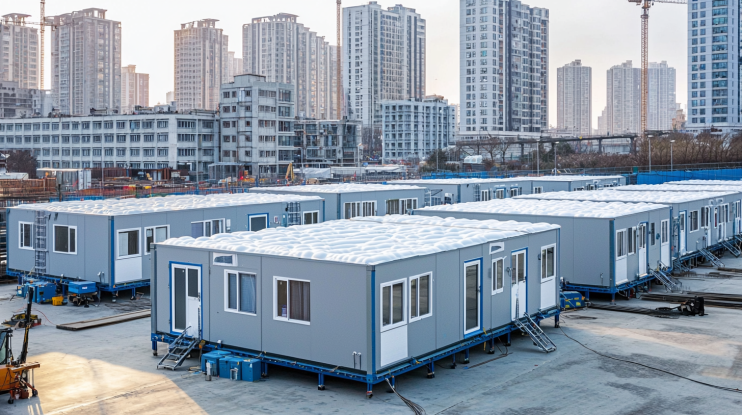
Labor Camps in Velley City Bangalore
The Strategic Importance of Location in Labor Camps in Bangalore
The location of labor camps in Bangalore plays a crucial role in the success of large-scale construction projects across the city. By placing these worker accommodations close to construction sites, the time workers spend commuting is minimized, allowing them to conserve energy and focus more on their tasks. This proximity ensures that workers can easily access the site, even in challenging weather conditions, reducing the risk of delays caused by transportation issues. As a result, strategically placed labor camps in Bangalore help keep construction projects on schedule, contributing to their timely and efficient completion.
A well-chosen location for labor camps in Bangalore also enhances worker safety. When these camps are situated close to construction sites, workers are not exposed to the risks associated with long commutes, such as traffic accidents. In remote or busy areas of the city, having labor accommodations nearby ensures that workers do not have to navigate hazardous routes daily. This reduction in travel-related risks significantly contributes to overall workforce safety. Furthermore, providing a secure and conveniently located environment fosters a sense of security among workers, boosting their morale and productivity.
Beyond safety and convenience, strategically placed labor camps in Bangalore also support efficient logistics for construction projects. When these accommodations are located near construction sites, transporting materials, equipment, and supplies becomes faster and more efficient. The close proximity allows for quick responses to on-site needs, reducing downtime and maintaining project momentum. Additionally, it simplifies resource management, as everything remains within easy reach. Therefore, selecting the right locations for labor camps in Bangalore is essential for maximizing efficiency and ensuring the successful and timely completion of large-scale construction projects in the city.
To stay updated on the latest trends in prefabrication, check out new trends in the prefab industry for 2024.
Enhancing Workforce Management Through Labor Camps in Bangalore
Labor camps in Bangalore are integral to effective workforce management, particularly for large-scale construction projects in the city. By offering centralized housing solutions, these camps make it easier for managers to oversee and coordinate large groups of workers. This centralized setup enhances communication and supervision, allowing for efficient scheduling and task management. When workers are housed in a centralized location, it simplifies the arrangement of shifts and responsibilities, ensuring that everyone is aligned with their duties. As a result, labor camps in Bangalore contribute to smoother operations and help reduce delays on construction sites.
Additionally, labor camps in Bangalore help improve workforce discipline. When workers live together in a structured environment, it promotes a sense of accountability and responsibility. The presence of regular routines and organized living conditions reinforces good work habits and punctuality. With the camp’s proximity to the construction site, the chances of absenteeism and tardiness are significantly reduced. Workers benefit from shorter commutes, which allows them to rest adequately and arrive on time, staying focused on their tasks. This level of discipline fostered by labor camps in Bangalore translates into higher productivity and a more dependable workforce.
Beyond discipline and coordination, labor camps in Bangalore enhance team cohesion among workers. Living together provides opportunities for workers to bond and build strong relationships outside of their work responsibilities. This sense of community fosters better teamwork and collaboration on the job site. Workers who have trust and camaraderie with each other are more likely to collaborate effectively, which is crucial for large-scale projects. Furthermore, many labor camps in Bangalore include communal areas for socializing and relaxation, strengthening these bonds further. Ultimately, these camps not only improve workforce management but also create a more unified and efficient team, essential for the success of large-scale construction projects in the city.
For those interested in cost-effective building solutions, prefab buildings for sale are a great option to consider.
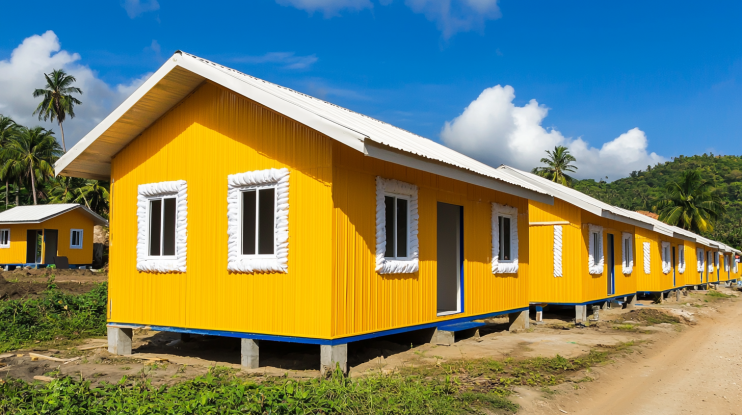
A small, single-storey prefab labor colony on an island construction site
Labor Camps and Worker Health: A Direct Correlation
Labor camps play a significant role in maintaining and improving worker health on construction sites. By providing clean and well-maintained living spaces, labor colonies help prevent the spread of illnesses among workers. Access to clean water, proper sanitation, and regular waste disposal are essential components of a healthy environment. Additionally, when workers live in close proximity to healthcare facilities within the labor camp, they can receive prompt medical attention if needed. This immediate access to healthcare services reduces downtime caused by illness and ensures that workers remain healthy and productive.
Moreover, labor camps contribute to better mental health among workers. Living conditions directly impact a worker’s mental well-being, and a clean, safe, and comfortable environment promotes a positive mindset. Worker accommodations that provide recreational areas and social spaces allow workers to relax and unwind after a long day. This balance between work and relaxation is crucial for reducing stress and preventing burnout. Furthermore, when workers feel well-cared for, their job satisfaction increases, leading to improved morale and a more motivated workforce.
In addition to physical and mental health, labor camps support overall worker well-being through nutrition and fitness. Many worker accommodations offer dining facilities that provide balanced meals, ensuring that workers receive the nutrients they need to stay strong and energized. Some camps also include fitness areas where workers can exercise and maintain their physical health. By addressing these aspects of health, workforce camps contribute to a more resilient workforce. Therefore, the direct correlation between prefab labor colony and worker health is clear: better living conditions lead to healthier, more productive workers.
The Economic Efficiency of Labor Camps in Bangalore
Labor camps in Bangalore offer an economically efficient solution for housing workers on large-scale construction projects throughout the city. By centralizing accommodations, these camps help companies reduce costs associated with transportation and daily commuting. When workers live close to the construction site, they save time and energy, resulting in increased productivity. Additionally, labor camps in Bangalore minimize the need for long commutes, which cuts down on fuel expenses and vehicle maintenance costs. This cost-effective approach is essential for projects aiming to maintain tight budgets while ensuring that workers remain readily available to perform their tasks efficiently.
Moreover, labor camps in Bangalore enable companies to manage living expenses more effectively. By providing on-site accommodations, companies can better control the costs of housing, utilities, and food in a structured manner. The use of bulk purchasing for supplies and centralized services reduces the per-worker cost of living, leading to further savings. In addition, well-organized labor camps help mitigate unexpected expenses related to worker health issues or absenteeism, which might arise from poor living conditions. Consequently, the economic advantages of these camps extend beyond immediate cost savings, contributing to the long-term financial stability of construction projects in Bangalore.
In addition to cost management, labor camps in Bangalore enhance the economic efficiency of construction projects by improving workforce stability. When workers are housed in comfortable and conveniently located accommodations, they are more likely to stay with the company for the entire duration of the project. This stability lowers turnover rates and minimizes the expenses associated with recruiting and training new employees. Furthermore, a consistent and stable workforce ensures that projects progress on schedule, avoiding costly delays. Therefore, labor camps in Bangalore not only provide a cost-effective housing solution but also play a vital role in maintaining the financial success of large-scale construction endeavors across the city.
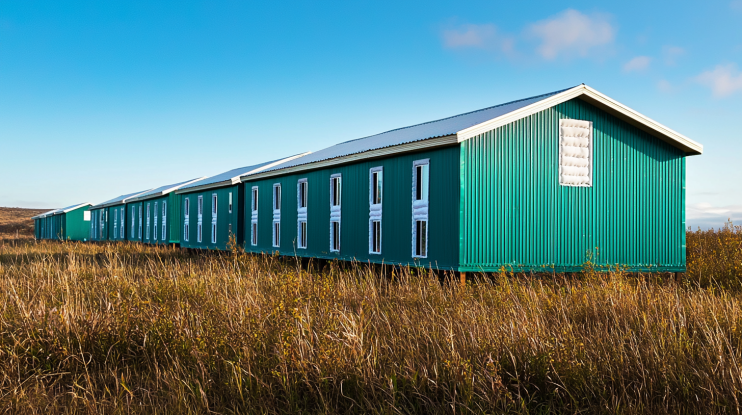
A small, single-storey prefab labor colony on an island construction site, designed for a small team
Building a Cohesive Workforce Through Labor Camps in Bangalore
Labor camps in Bangalore are instrumental in fostering a cohesive workforce on construction projects across the city. When workers live together in a well-organized environment, they naturally develop stronger bonds, leading to improved teamwork and collaboration on the job site. The proximity of workers within these camps allows them to share experiences, support one another, and build trust. This sense of community is essential for creating a positive and inclusive work environment where everyone feels valued and connected. Consequently, labor camps in Bangalore help create a more united and effective workforce that enhances project efficiency and success.
Additionally, labor camps in Bangalore provide dedicated spaces for social interaction outside of work hours. Common areas such as dining halls, recreation rooms, and outdoor spaces encourage workers to relax and engage with one another, fostering camaraderie and a sense of belonging. These interactions help break down barriers and promote open communication, which is essential for resolving conflicts quickly and maintaining harmony on the construction site. By encouraging these connections, labor camps in Bangalore play a vital role in building a cohesive and productive workforce that works together efficiently.
In addition to promoting social bonds, labor camps in Bangalore instill a sense of responsibility and accountability among workers. When everyone lives in the same community, there is a shared understanding that each individual’s actions impact the group as a whole. This collective responsibility encourages workers to adhere to schedules, follow safety protocols, and maintain cleanliness in their living environments. As a result, overall discipline improves, leading to smoother operations and higher productivity on construction sites. In summary, labor camps in Bangalore are crucial for building a united, disciplined, and efficient workforce that is well-prepared to tackle the challenges of large-scale construction projects.
Safety Protocols and Standards in Labor Camps in Bangalore
Labor camps in Bangalore must follow stringent safety protocols to ensure the well-being of workers. Safety begins with the planning and construction of the camps themselves, ensuring that emergency exits, safety equipment, and evacuation routes are easily accessible. Additionally, these camps are built using fire-resistant materials and equipped with essential safety measures like fire alarms and extinguishers to minimize the risk of accidents. Regular safety drills are conducted to prepare workers for potential emergencies, ensuring they know how to respond swiftly and effectively.
Maintaining a clean and sanitary environment is also critical for the safety of labor camps in Bangalore. Access to clean water, proper waste disposal, and well-maintained sanitation facilities are crucial for preventing the spread of diseases. Regular inspections are carried out to uphold hygiene standards and ensure that the camps provide a healthy living environment. Furthermore, protocols for managing food safety in dining areas, including proper storage and handling, are strictly enforced. By prioritizing cleanliness and hygiene, labor camps in Bangalore can prevent health issues and create a safer environment for all residents.
Beyond physical safety, labor camps in Bangalore also prioritize the mental well-being of workers. Providing a supportive environment includes offering access to mental health resources and creating spaces where workers can relax and unwind. Camps implement clear policies against harassment and violence, ensuring that all workers feel safe and respected within their living quarters. These measures help reduce stress levels and promote a positive atmosphere, fostering a healthy and productive workforce. In conclusion, effective safety protocols in labor camps in Bangalore address both physical and mental health, creating a secure and supportive environment essential for the well-being of all workers.

A small, single-storey prefab labor colony in a suburban area
Supporting Large-Scale Construction Logistics Through Labor Camps in Bangalore
Labor camps in Bangalore are essential for supporting the logistics of large-scale construction projects throughout the city. By housing workers close to construction sites, these temporary accommodations reduce travel time and ensure that workers are always available when needed. This proximity allows for efficient scheduling and quick response times to any issues that may arise on-site. Additionally, having workers nearby minimizes the demand for transportation resources, lowering costs and reducing the risk of delays. Consequently, labor camps in Bangalore play a critical role in keeping construction projects on track and within budget.
Furthermore, labor camps in Bangalore simplify the management of supplies and equipment. When workers are stationed close to the site, coordinating the delivery and storage of materials becomes easier. This proximity enhances inventory management, ensuring that materials are available when needed, minimizing the risk of overstocking or shortages. Additionally, having a centralized location for workers means that tools and equipment can be accessed and maintained efficiently. This efficiency in logistics management leads to smoother operations and fewer disruptions, ultimately contributing to the success of construction projects across Bangalore.
In addition to improving logistics, labor camps in Bangalore enhance communication and coordination between workers and management. With everyone in close quarters, information can be disseminated quickly and effectively. Daily meetings, updates, and safety briefings can be conducted without disrupting the work schedule, ensuring that all workers stay informed. This streamlined communication reduces the likelihood of misunderstandings or mistakes, keeping projects on schedule. Thus, labor camps in Bangalore are essential for optimizing logistics and ensuring the smooth operation of large-scale construction projects from start to finish.
Flexibility and Adaptability in Labor Camp Design in Bangalore
Labor camps in Bangalore are particularly valuable for large-scale construction projects when designed with flexibility and adaptability in mind. A well-designed labor camp can easily expand or contract based on the evolving needs of the project. For instance, modular designs enable the quick addition of new units as the workforce grows. Conversely, when the project nears completion, these units can be removed or repurposed. This flexibility ensures that resources are utilized efficiently, reducing waste and keeping projects within budget.
Moreover, adaptable labor camps in Bangalore can be relocated or reconfigured to meet the specific demands of different construction phases. As projects progress, the layout of the camp can be adjusted to better support the needs of workers and the site itself. For example, dining facilities and recreation areas can be relocated closer to work zones, minimizing downtime and enhancing efficiency. This adaptability not only improves the overall functionality of the camp but also enhances the comfort and well-being of workers. Therefore, labor camps in Bangalore that can be tailored to the project’s needs significantly contribute to the success of construction efforts in the city.
In addition to physical flexibility, labor camps in Bangalore designed for adaptability can incorporate various amenities and services as required. For example, camps can be upgraded with enhanced insulation, heating, or cooling systems based on weather conditions. Moreover, additional facilities like medical clinics, training centers, or communication hubs can be added as the project evolves. This capacity to adapt to changing circumstances ensures that workers remain safe, healthy, and productive throughout the construction process. In summary, the flexibility and adaptability of labor camps in Bangalore are key factors in optimizing management and ensuring the success of large-scale construction projects.
To explore more flexible options, the container house price guide for 2024 offers valuable insights.
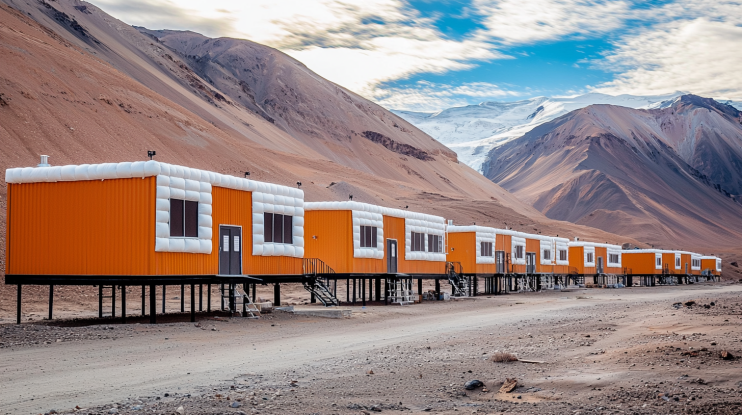
A large prefab labor camp in a high-altitude desert, surrounded by rugged
The Role of Labor Camps in Remote Construction Sites in Bangalore
Labor camps in Bangalore are essential for construction projects located in remote or less accessible areas around the city. In these locations, access to basic amenities and suitable housing can be quite limited. Labor camps provide a practical solution by offering workers comfortable and secure living spaces close to the worksite. This proximity minimizes the need for long and exhausting commutes, allowing workers to concentrate on their tasks without the added stress of travel. Additionally, labor camps in Bangalore ensure that workers have access to essential services such as clean water, food, and medical care, which are often hard to find in remote locations.
Moreover, labor camps in Bangalore are designed to be self-sufficient, making them well-suited for remote areas. These camps typically include power generators, water treatment facilities, and waste management systems to support the daily needs of workers. By creating a self-contained environment, these camps ensure that workers have everything necessary to live and work comfortably, even in isolated locations. This level of self-sufficiency is crucial for maintaining worker morale and productivity, as it minimizes disruptions caused by a lack of resources.
In addition to providing essential services, labor camps in Bangalore are also equipped to handle emergencies that may arise in remote locations. Whether dealing with harsh weather conditions or unexpected medical situations, these camps are prepared with the necessary tools and protocols to ensure worker safety. Emergency shelters, first aid stations, and reliable communication systems are often integrated into the camp’s design. This preparedness not only protects the workforce but also keeps construction projects on schedule. In summary, labor camps in Bangalore play a vital role in supporting remote construction sites by ensuring workers are safe, comfortable, and well-equipped to manage the challenges of their environment.
Hygienic Living Conditions: A Must in Labor Camps in Bangalore
Maintaining hygienic living conditions in labor camps in Bangalore is crucial for the health and well-being of workers. Cleanliness and proper sanitation are the foundations of a healthy environment, especially in temporary housing. Labor camps should be equipped with adequate facilities, including clean water supplies, well-maintained restrooms, and efficient waste disposal systems. Regular cleaning schedules and proper waste management practices help prevent the spread of diseases, ensuring that workers remain healthy and fit to work. Additionally, providing access to hygiene products like soap and disinfectants promotes a clean living space, further reducing the risk of illness.
Hygiene in labor camps in Bangalore extends beyond basic cleanliness; it also includes food safety and proper meal preparation. Labor camps must ensure that kitchens are maintained to high health standards and that food is stored at the appropriate temperatures to prevent contamination. Regular sanitation of dining areas is essential to create a safe environment for workers during meal times. By implementing strict hygiene protocols in these spaces, labor camps in Bangalore can significantly reduce the risk of foodborne illnesses, which could otherwise lead to health issues and project delays.
Furthermore, labor camps in Bangalore should also focus on creating a mentally supportive environment by maintaining clean and organized living quarters. Cluttered and unkempt spaces can lead to stress and discomfort among workers, which may negatively impact their performance. Proper ventilation, pest control, and ensuring rooms are neat play a critical role in fostering a healthy atmosphere. By prioritizing both physical and mental hygiene, labor camps in Bangalore offer a supportive environment that enhances worker morale and productivity, ultimately contributing to the success of construction projects in the region.
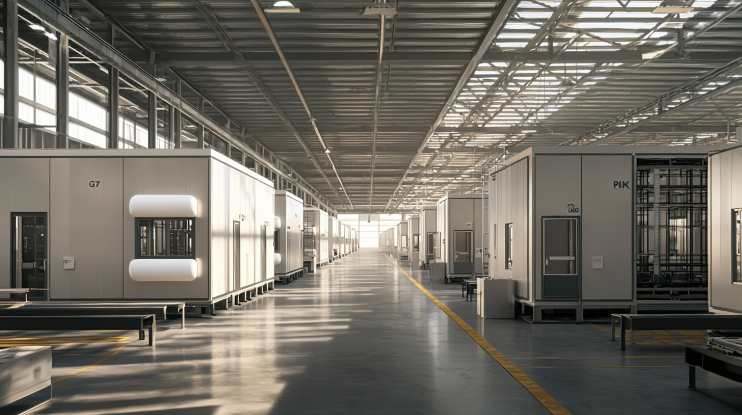
A large prefab labor camp located in a sprawling industrial complex
Reducing Environmental Impact Through Labor Camps in Bangalore
Labor camps in Bangalore can significantly contribute to reducing the environmental impact of large-scale construction projects in the city. By designing and managing these camps with sustainability in mind, companies can minimize their ecological footprint. One approach is to use energy-efficient materials and sustainable construction methods. For instance, incorporating solar panels, energy-saving lighting, and insulated structures can greatly reduce energy consumption. Furthermore, labor camps in Bangalore can be designed to optimize natural light and ventilation, minimizing the need for artificial heating and cooling systems. These practices not only lower energy use but also decrease the overall environmental impact of the camps.
Additionally, labor camps in Bangalore can implement water conservation strategies to reduce their effect on local water resources. Installing low-flow faucets, showers, and toilets can significantly cut down water usage. Moreover, rainwater harvesting systems can be integrated to collect and store rainwater for non-potable uses, such as cleaning and landscaping. This method helps reduce the demand on local water supplies, which is especially crucial in regions where water scarcity is an issue. In addition, labor camps in Bangalore can incorporate greywater recycling systems, allowing water from sinks and showers to be reused for irrigation. By focusing on water conservation, these camps contribute to sustainable water management practices in the region.
In addition to energy and water conservation, labor camps in Bangalore can minimize their environmental impact through effective waste management. Implementing recycling programs and reducing single-use plastics can significantly decrease the amount of waste generated. On-site composting of organic waste can also reduce landfill contributions while providing a resource for landscaping. Furthermore, ensuring proper disposal of hazardous materials, such as batteries and chemicals, prevents environmental contamination. By adopting these waste management practices, labor camps in Bangalore can reduce their ecological footprint and contribute to a cleaner, healthier environment. In summary, sustainable labor camps can positively impact the environment while supporting the success of construction projects in the city.
The Integration of Technology in Labor Camps in Bangalore
Technology is transforming labor camps in Bangalore, making them more efficient, comfortable, and secure for workers. One of the most significant advancements is the use of smart technology to monitor and manage living conditions. For example, sensors can be used to control temperature, humidity, and lighting, ensuring optimal comfort for workers at all times. These systems can also detect issues like water leaks or power outages, allowing for prompt repairs. By integrating smart technology, labor camps in Bangalore become more responsive to the needs of workers, reducing downtime and improving overall living conditions.
Moreover, technology enhances communication within labor camps in Bangalore. With the use of digital platforms, management can quickly disseminate important updates, safety protocols, and daily schedules to all workers. These platforms also allow management to gather feedback from workers, enabling continuous improvement in camp operations. In addition, mobile apps can facilitate communication between workers and supervisors, making it easier to report issues or request assistance. This enhanced communication system fosters a more organized and efficient work environment, ultimately contributing to the success of construction projects in Bangalore.
In addition to improving comfort and communication, technology in labor camps in Bangalore can also enhance safety. The integration of surveillance cameras, access control systems, and emergency alert systems ensures a secure environment for workers. Surveillance cameras monitor high-risk areas, while access control systems restrict entry to specific parts of the camp, ensuring only authorized personnel have access. Furthermore, emergency alerts can be sent directly to workers’ mobile devices, providing real-time updates during critical situations. By prioritizing safety through technology, labor camps in Bangalore offer a secure and supportive environment, benefiting both workers and the overall construction project.

A large prefab labor camp located on a plateau overlooking vast canyons
Boosting Worker Retention with Quality Labor Camps
Quality labor camps play a crucial role in retaining skilled workers on construction projects. When workers are provided with comfortable, safe, and well-maintained living spaces, they are more likely to stay committed to their jobs. A clean and well-organized camp gives workers a sense of security and belonging, which directly impacts their job satisfaction. Additionally, when worker accommodations offer amenities such as recreational facilities, clean dining areas, and social spaces, workers can relax and recharge after a long day. These positive experiences in the camp environment contribute to higher retention rates.
Moreover, labor camps that prioritize worker well-being can reduce turnover rates. Providing access to healthcare services, mental health support, and fitness facilities demonstrates that the company values its workers’ overall well-being. When workers feel that their needs are being met, they are more likely to remain loyal to the company. Furthermore, reducing turnover saves the company time and money, as it minimizes the need for constant recruitment and training of new workers. Therefore, investing in high-quality worker accommodations is not just beneficial for the workers but also for the long-term success of the project.
In addition to improving retention, quality labor camps also enhance worker productivity. Workers who feel comfortable and supported in their living environment are more motivated and focused on their tasks. This increase in productivity can lead to faster project completion and higher-quality work. Moreover, when workers know that they are valued and that their living conditions are a priority, they are more likely to put in extra effort. In summary, quality workforce camps are essential for boosting worker retention, improving productivity, and ensuring the overall success of construction projects.
Navigating Legal and Regulatory Requirements in Labor Camps
Labor camps must comply with a range of legal and regulatory requirements to ensure the safety and well-being of workers. These regulations cover various aspects, including building standards, fire safety, sanitation, and worker rights. Ensuring that workforce camps meet these standards is essential for avoiding legal issues and maintaining a safe living environment. For example, construction materials used in labor camps must meet specific safety codes to prevent accidents. Additionally, camps should be equipped with fire alarms, extinguishers, and clearly marked exits to protect workers in case of emergencies. Compliance with these regulations is not only a legal obligation but also a crucial factor in safeguarding the lives of workers.
Moreover, labor camps must adhere to local and national labor laws, which often include requirements for adequate living space, access to clean water, and proper waste disposal. These laws are designed to protect workers from exploitation and ensure they live in humane conditions. Regular inspections by local authorities help enforce these standards, and camps found lacking can face fines or even closure. Therefore, it is important for companies to stay informed about the latest regulations and to conduct regular audits of their workforce camps. This proactive approach helps identify and address potential issues before they escalate into legal problems.
In addition to meeting safety and labor standards, labor camps must also consider environmental regulations. Many regions have strict rules regarding waste management, water usage, and energy consumption. Labor camps that fail to comply with these environmental standards can face significant penalties. Implementing sustainable practices, such as recycling programs and energy-efficient systems, not only helps meet legal requirements but also reduces the camp’s environmental impact. By navigating legal and regulatory requirements effectively, companies can create safe, compliant, and sustainable labor camps that contribute to the overall success of their construction projects.
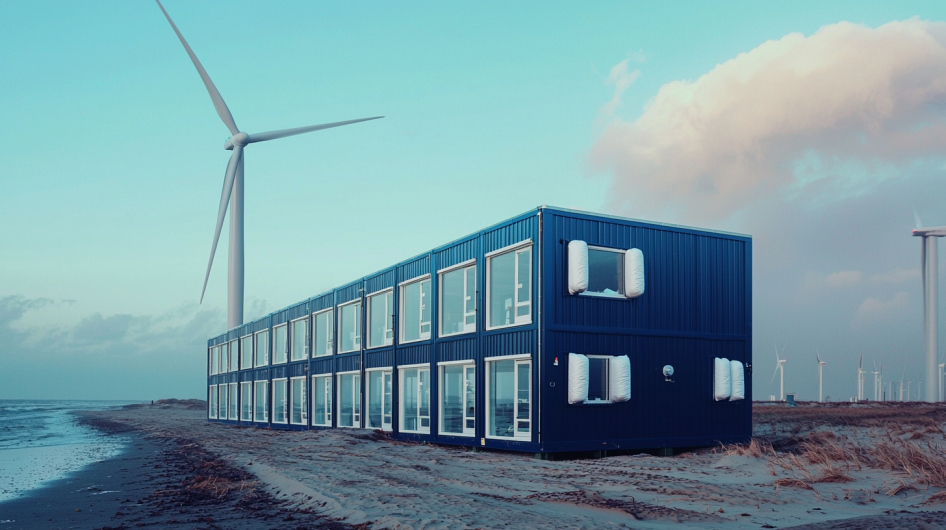
A large prefab labor camp positioned on a windswept coastline
Addressing Cultural and Social Needs in Labor Camps in Bangalore
Labor camps in Bangalore must address the diverse cultural and social needs of their workforce to create a harmonious and productive environment. Workers often come from various cultural backgrounds, each bringing their own traditions, languages, and religious practices. Recognizing and respecting these differences is essential for fostering a positive atmosphere in labor camps. For example, providing designated spaces where workers can practice their religion or celebrate cultural holidays helps them feel more at home. Additionally, offering meals that cater to different dietary preferences and cultural practices significantly enhances their living experience, boosting overall satisfaction and morale in labor camps in Bangalore.
Furthermore, labor camps in Bangalore should facilitate social interactions to build a sense of community among workers. Social activities such as sports, games, and cultural events encourage bonding and camaraderie. These activities not only offer a break from the daily work routine but also help reduce feelings of isolation, especially for workers who are away from their families. Creating common areas where workers can gather, relax, and socialize promotes teamwork and unity. As a result, workers are more likely to collaborate effectively on the job, improving overall productivity and fostering a more cohesive workforce within the labor camps in Bangalore.
In addition to cultural and social considerations, labor camps in Bangalore must ensure that workers feel respected and valued. Implementing clear policies against discrimination and harassment is vital for maintaining a safe and inclusive environment. Providing access to counseling services helps workers cope with personal or social challenges they may encounter. When workers feel supported and respected, they are more likely to remain committed to their jobs and perform at their best. In summary, addressing cultural and social needs in labor camps in Bangalore is crucial for creating a supportive environment that enhances worker satisfaction, retention, and overall project success.
Crisis Management and Contingency Planning in Labor Camps in Bangalore
Prefab labor camps in Bangalore must be prepared for unexpected crises to ensure the safety and well-being of workers. Crisis management involves planning for various emergencies, such as natural disasters, fires, or health outbreaks. Camps should have clear evacuation plans in place, including designated emergency exits and routes. Additionally, regular drills should be conducted to ensure all workers know how to respond in an emergency. By being proactive and prepared, labor camps in Bangalore can minimize the impact of crises and safeguard the lives of those residing in them.
Moreover, contingency planning is essential for maintaining operations during a crisis in labor camps in Bangalore. Camps should have backup systems for critical services such as power, water, and communication. For example, on-site generators can ensure that the camp remains functional during power outages. Additionally, labor camps should stockpile essential supplies like food, water, and medical kits to support workers during extended emergencies. Planning for these scenarios enables camps to continue providing necessary services and support, even in challenging situations.
In addition to physical preparedness, labor camps in Bangalore must also prioritize the mental well-being of workers during a crisis. Emergencies can significantly increase stress and anxiety, making it crucial to provide psychological support. Offering access to counselors or mental health professionals can help workers manage the emotional toll of a crisis. Furthermore, clear and consistent communication from management reassures workers and reduces uncertainty, emphasizing that their safety is the top priority. In conclusion, effective crisis management and contingency planning are essential for ensuring the safety, stability, and well-being of workers in labor camps in Bangalore during any emergency.
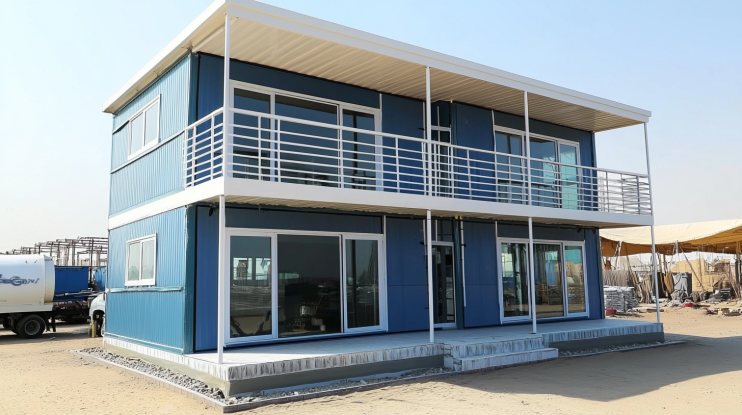
Labor Colony in Bangalore by SAMAN
Effective Communication Channels Within Labor Camps in Bangalore
Effective communication is vital for the smooth operation of labor camps in Bangalore. Clear and timely communication ensures that all workers are informed about daily schedules, safety protocols, and any changes in work plans. Labor camps should implement multiple communication channels to reach all workers, including notice boards, loudspeaker announcements, and mobile messaging apps. By utilizing a combination of methods, labor camps in Bangalore can ensure that important information is delivered to everyone, minimizing misunderstandings and improving overall coordination. Additionally, regular updates help keep workers engaged, informed, and aware of their responsibilities.
Moreover, communication in labor camps in Bangalore should be two-way, allowing workers to voice their concerns, ask questions, and provide feedback to management. Setting up suggestion boxes, holding regular meetings, and providing direct lines of communication with supervisors are effective ways to facilitate this exchange. When workers feel heard and valued, it boosts morale and fosters a sense of belonging. Furthermore, addressing concerns promptly can prevent small issues from becoming larger problems, contributing to a more harmonious and productive work environment.
Effective communication channels are especially crucial during emergencies in labor camps in Bangalore. Camps should have systems in place to quickly inform workers of any urgent situations, such as severe weather or safety hazards. Emergency communication can include alarm systems, SMS alerts, and designated emergency coordinators who can guide workers to safety. Ensuring that all workers understand emergency procedures and know how to receive updates can prevent chaos and save lives during a crisis. In summary, establishing robust communication channels within labor camps in Bangalore is essential for both day-to-day management and emergency situations, ensuring the safety and well-being of all workers.
The Future of Labor Camps in Bangalore’s Construction Sector
The future of labor camps in Bangalore’s construction sector is expected to be shaped by technological advancements, sustainability initiatives, and a heightened focus on worker well-being. As technology evolves, labor camps in Bangalore are likely to become smarter and more efficient. The integration of artificial intelligence (AI) and the Internet of Things (IoT) can automate various aspects of camp management, such as energy consumption, security, and maintenance. These technologies will enable labor camps to be more responsive to the needs of workers, enhancing living conditions while also optimizing operational costs. As a result, the adoption of smart technologies will transform how labor camps in Bangalore operate.
Sustainability will also play a crucial role in the development of labor camps in Bangalore. As construction companies become more environmentally conscious, these camps will increasingly incorporate green building practices and renewable energy sources. For example, solar panels, wind turbines, and energy-efficient materials will become standard features in the design of labor camps. Additionally, camps will focus on minimizing waste and conserving water through recycling programs and rainwater harvesting systems. These sustainable practices not only reduce the environmental impact of labor camps in Bangalore but also contribute to healthier and more comfortable living environments for workers.
In addition to technology and sustainability, the future of labor camps in Bangalore will emphasize worker well-being. Companies will prioritize creating safe, comfortable, and supportive living conditions that enhance the overall quality of life for workers. This focus includes providing better recreational facilities, access to mental health support, and opportunities for social interaction. By addressing the holistic needs of workers, labor camps in Bangalore will promote higher job satisfaction, increased productivity, and improved worker retention. In conclusion, the future of labor camps in Bangalore’s construction sector will be characterized by smart technology, sustainability, and a commitment to worker well-being, making them integral to the success of large-scale projects in the city.

Conclusion: The Indispensable Role of Labor Camps in Construction
Labor camps are essential for the successful completion of large-scale construction projects. They provide workers with safe, comfortable, and well-organized living environments, which directly impact productivity and morale. By offering convenient access to the worksite, labor camps reduce commute times and help workers maintain a better work-life balance. Additionally, the close-knit community formed within labor camps fosters teamwork and collaboration, leading to more efficient project execution. These benefits make labor camps a crucial part of any large construction endeavor. To explore more about labor hutments, visit labor hutments.
Moreover, labor camps play a significant role in ensuring worker safety and well-being. With proper infrastructure in place, including sanitation, medical facilities, and security measures, labor camps help protect workers from potential hazards. Regular maintenance and compliance with legal standards further ensure that these living spaces remain safe and healthy. When workers feel secure and cared for, they are more likely to remain focused and dedicated to their tasks, which contributes to the overall success of the project.
In addition to improving productivity and safety, labor camps also support the long-term sustainability of construction projects. By incorporating eco-friendly practices and smart technologies, labor camps minimize their environmental impact while providing modern conveniences for workers. As the construction industry continues to evolve, labor camps will remain indispensable, adapting to new challenges and innovations. In conclusion, labor camps are not just temporary housing solutions; they are vital components that enhance efficiency, safety, and sustainability in large-scale construction projects. For more information or inquiries, feel free to contact us.
FAQs About Labor Camps
What are worker camps?
Worker camps are temporary housing facilities set up near construction sites or other large-scale projects. These camps provide accommodations, food, and basic amenities to workers, ensuring they are close to their work location, which enhances productivity and reduces commute times.
Why are worker camps important for large-scale projects?
Worker camps are crucial because they provide a convenient and safe living environment for workers, helping to maintain productivity and morale. By housing workers near the project site, these camps minimize commute times, reduce fatigue, and enable better management of the workforce.
What facilities are typically included in a worker camp?
A well-equipped worker camp usually includes sleeping quarters, dining areas, restrooms, recreational facilities, and sometimes medical services. The goal is to ensure that workers have access to everything they need for a comfortable stay, which supports their well-being and productivity.
How do worker camps address safety concerns?
Worker camps are designed with safety in mind, often featuring fire safety measures, secure perimeters, and health services. Regular inspections and maintenance ensure that the living conditions remain safe, and emergency procedures are in place to protect workers in case of an incident.
Can worker camps be customized or expanded?
Yes, worker camps can be customized to meet the specific needs of a project. They can be designed with modular units that allow for easy expansion or reconfiguration as the project progresses. This flexibility helps accommodate changes in the workforce size and project scope.
How do worker camps support the well-being of employees?
Worker camps support employee well-being by providing clean, comfortable accommodations, nutritious meals, and recreational activities. Additionally, some camps offer access to mental health services and fitness facilities, helping workers maintain both physical and mental health.
Are worker camps environmentally friendly?
Modern worker camps often incorporate sustainable practices, such as energy-efficient buildings, waste recycling, and water conservation systems. These eco-friendly features help reduce the environmental impact of the camp and contribute to overall project sustainability.
What challenges are associated with managing worker camps?
Managing worker camps involves challenges such as ensuring compliance with health and safety regulations, maintaining high standards of cleanliness, and providing adequate food and medical services. Effective management is essential to keep the camp running smoothly and to support the workers’ needs.
How do worker camps enhance workforce management?
Worker camps centralize the workforce, making it easier to manage schedules, coordinate tasks, and communicate with employees. This centralized management improves efficiency, reduces logistical challenges, and helps keep the project on track.
How can companies ensure worker satisfaction in camps?
Companies can ensure worker satisfaction by providing comfortable living conditions, addressing cultural and social needs, and ensuring that workers feel valued and respected. Regular feedback, good communication, and prompt attention to concerns also play a key role in maintaining worker satisfaction.
 Container Cafe
Container Cafe